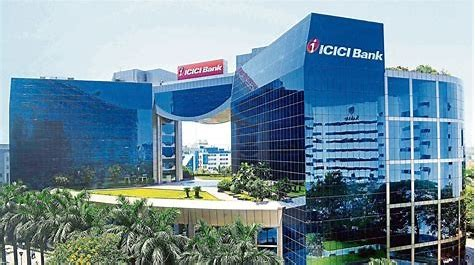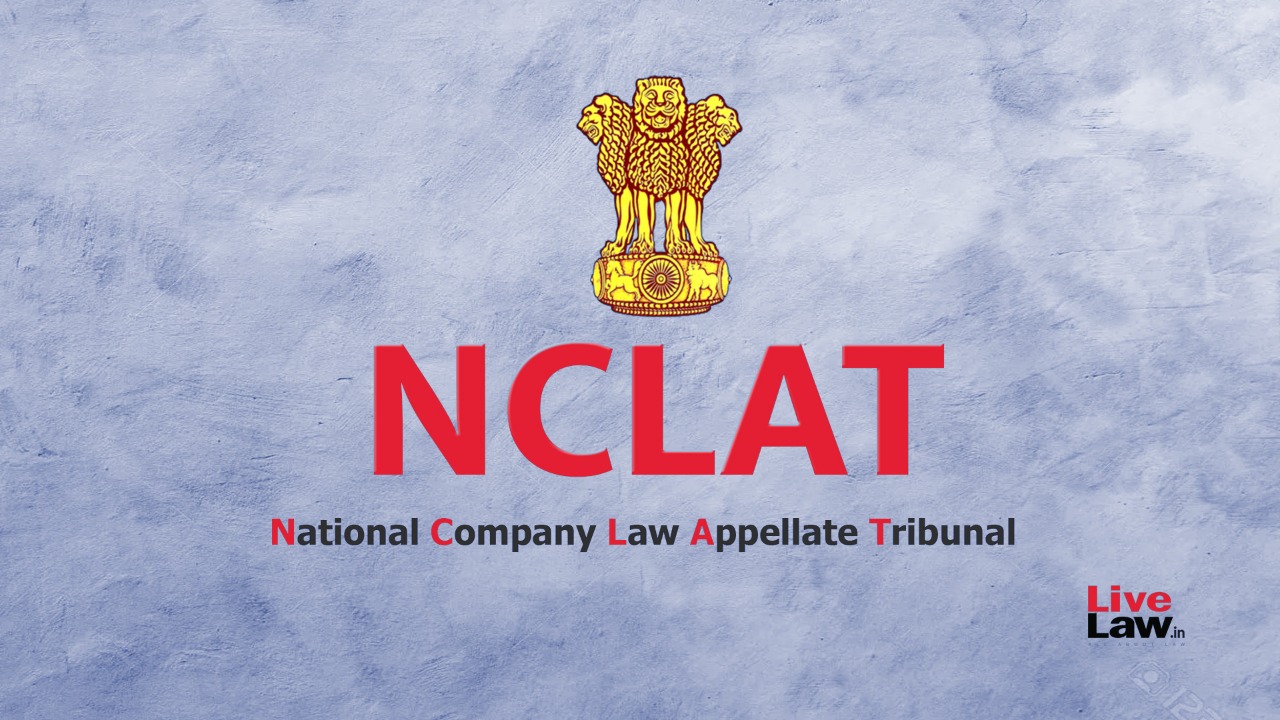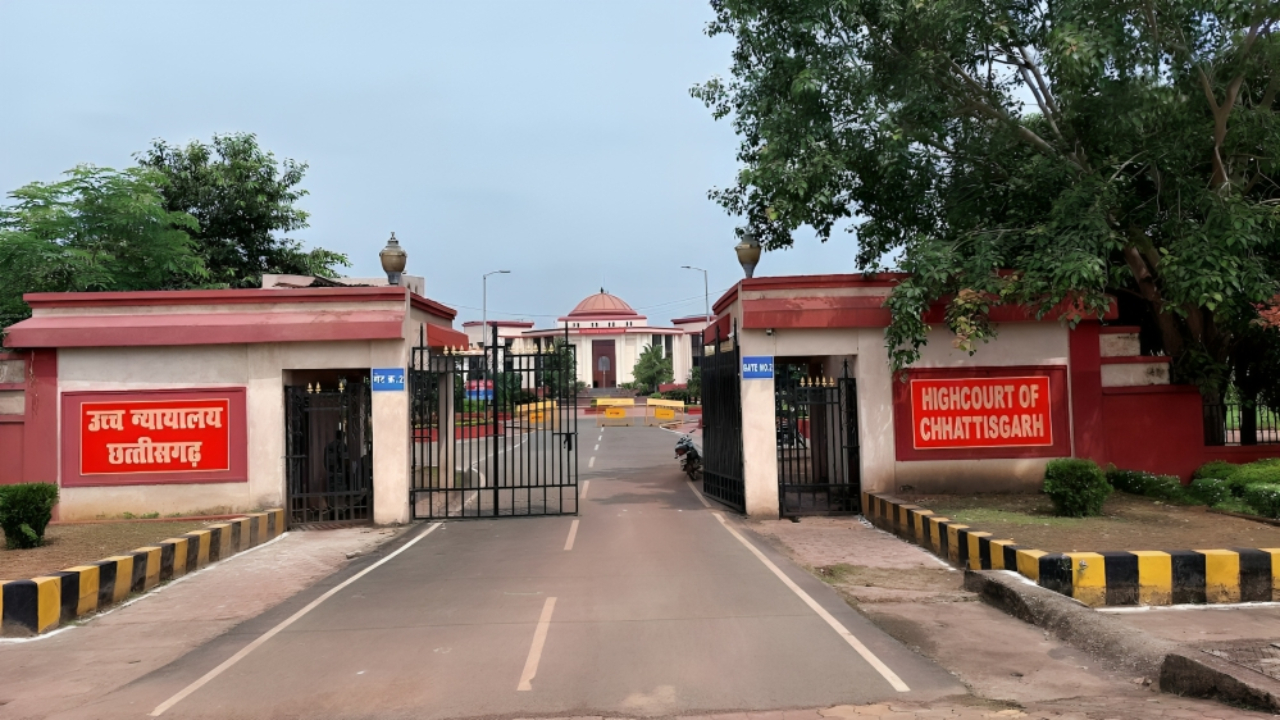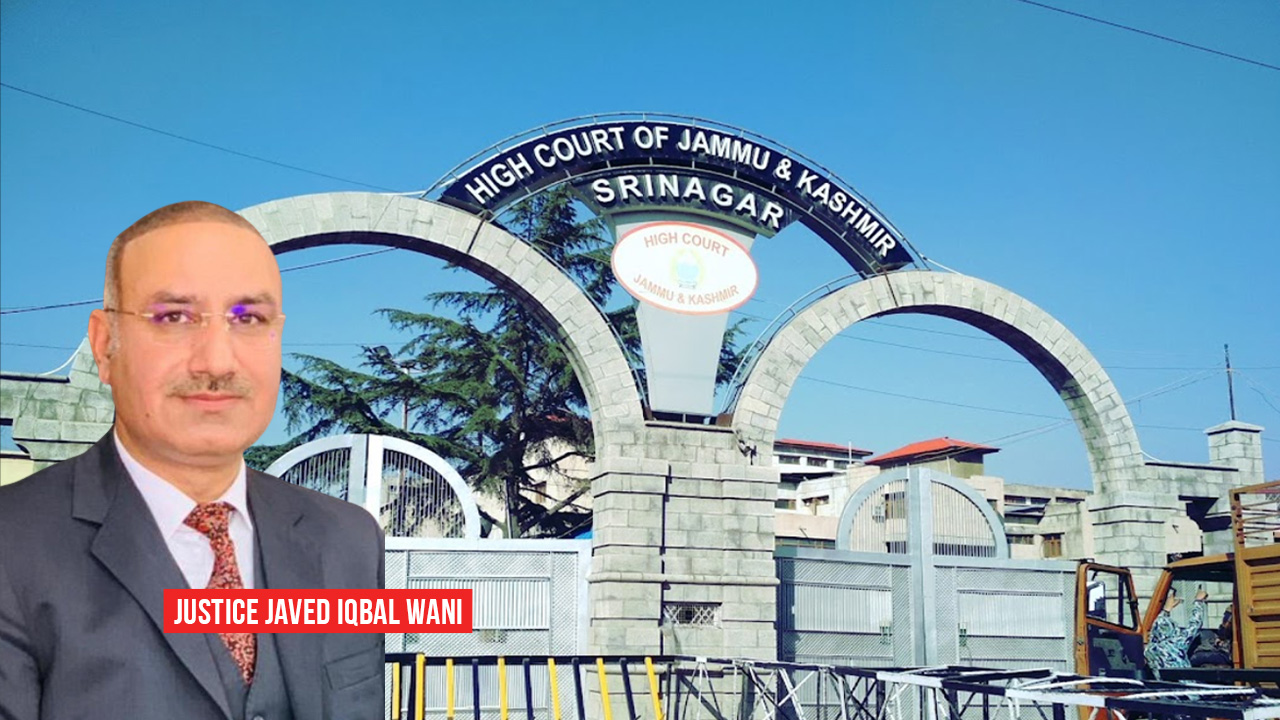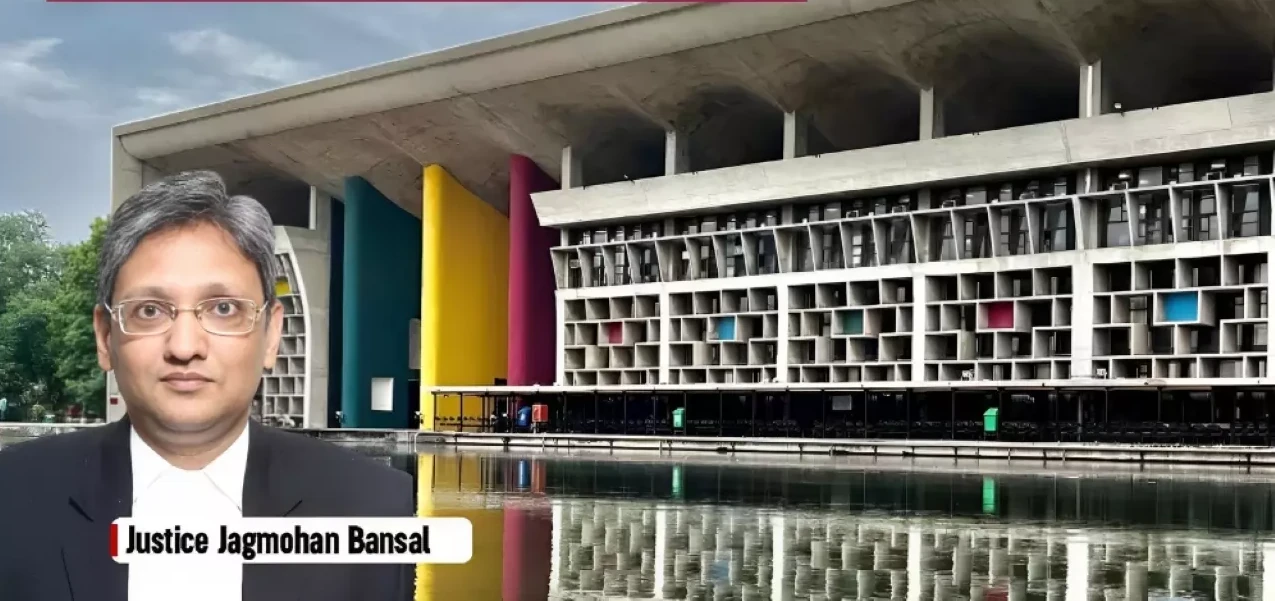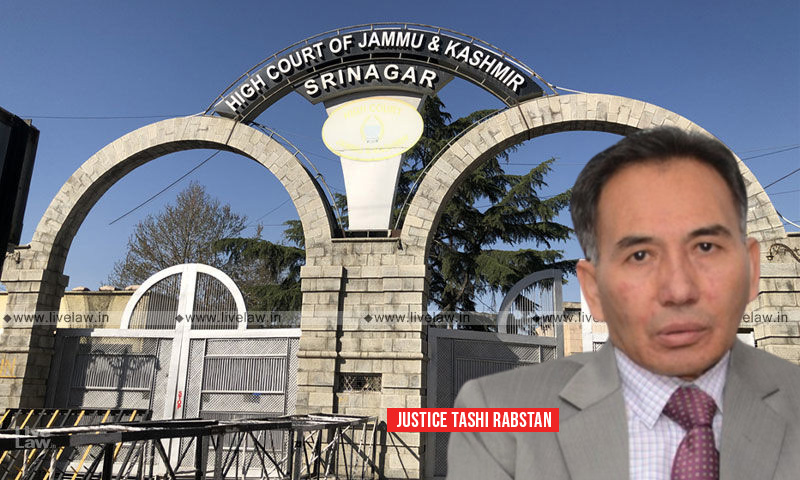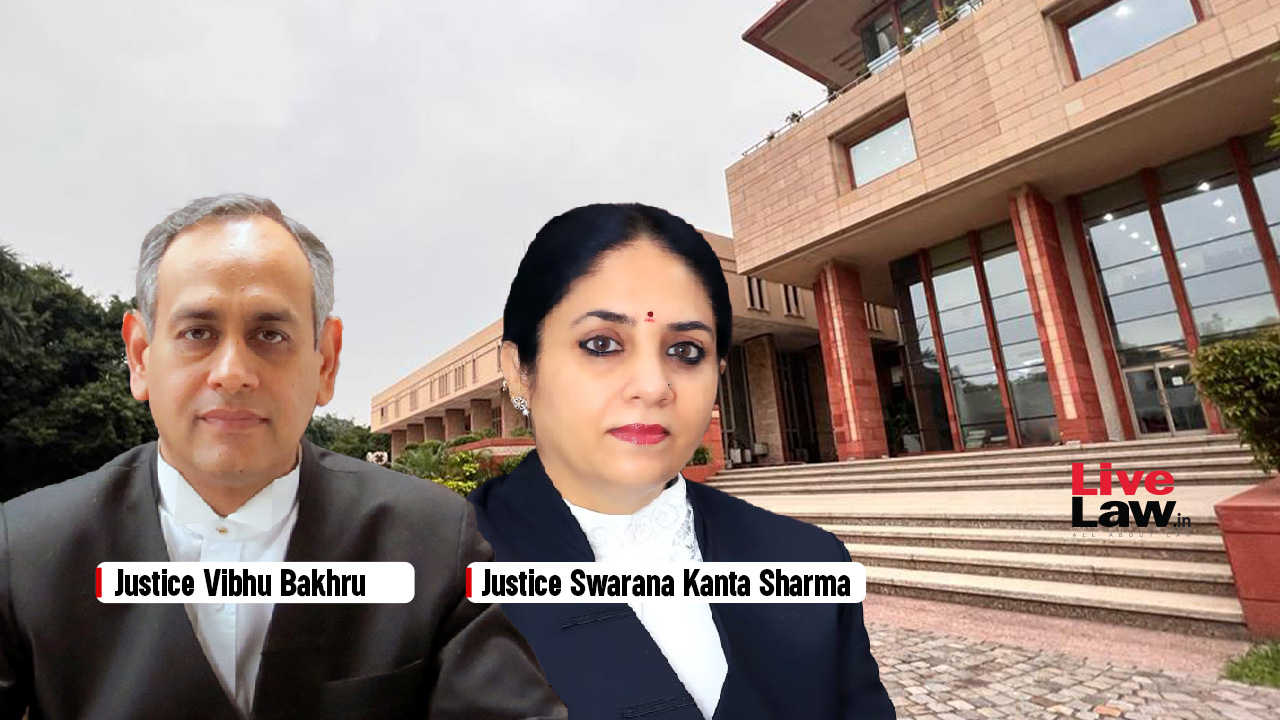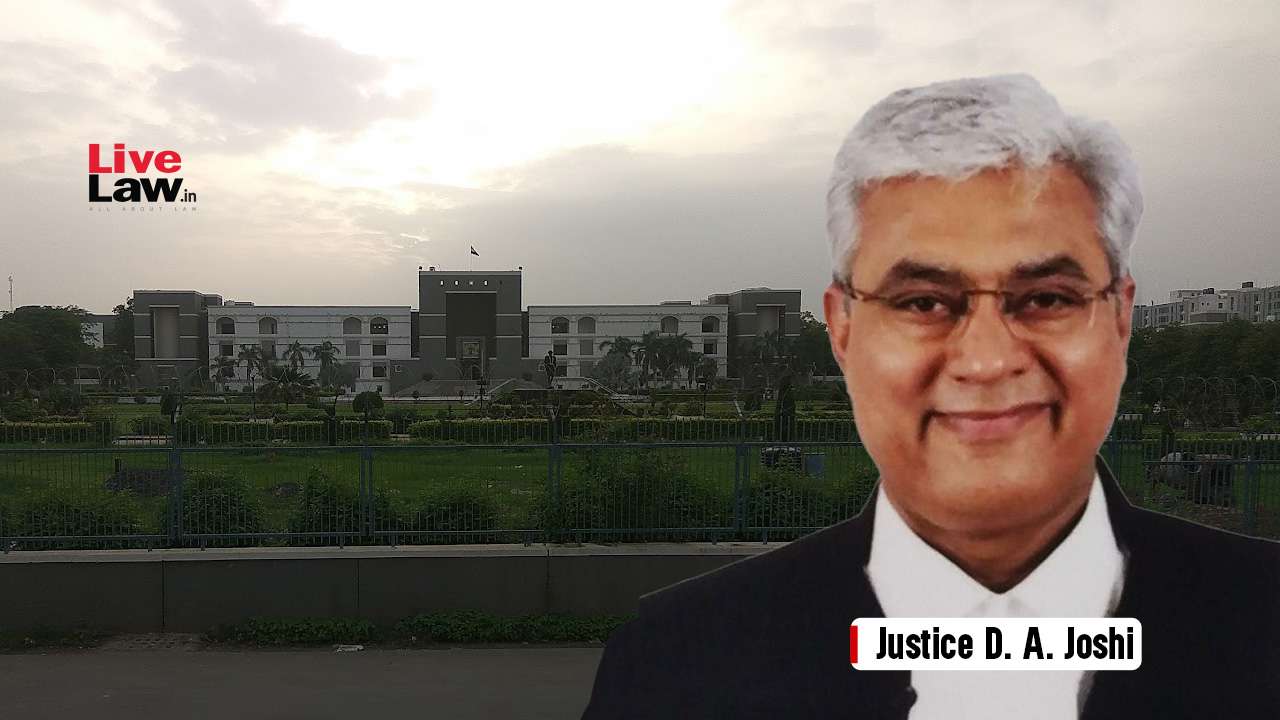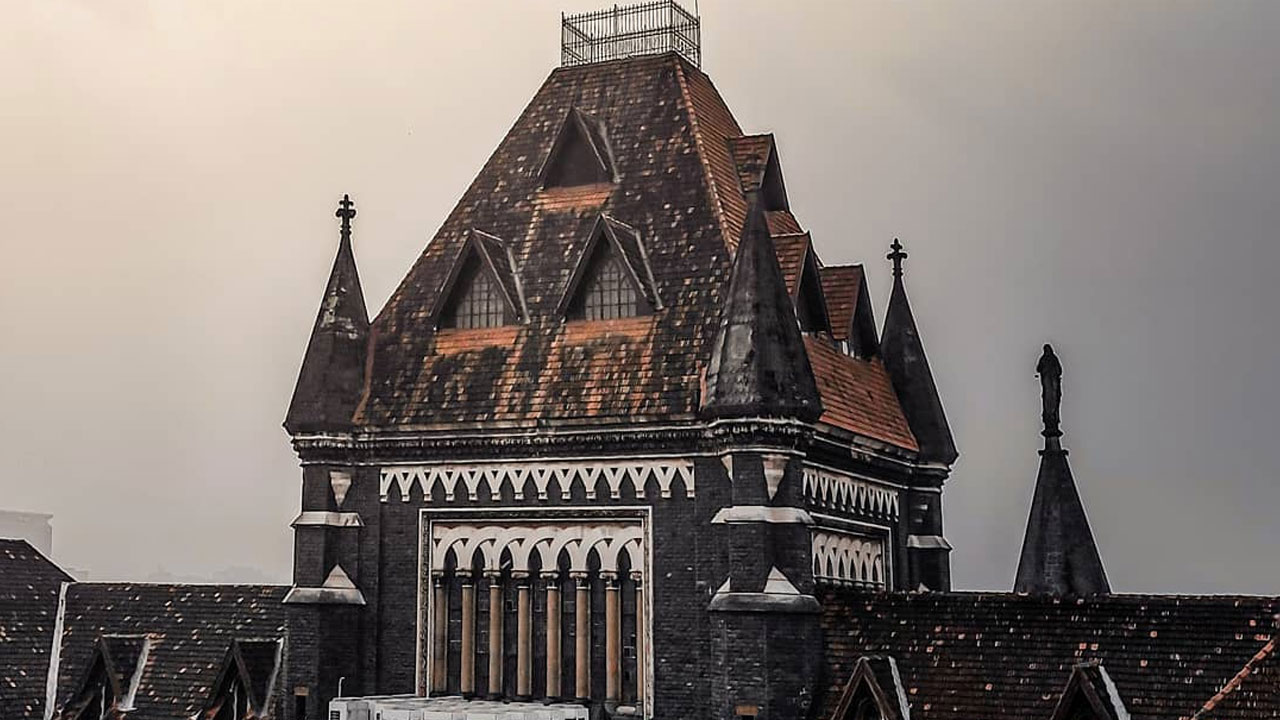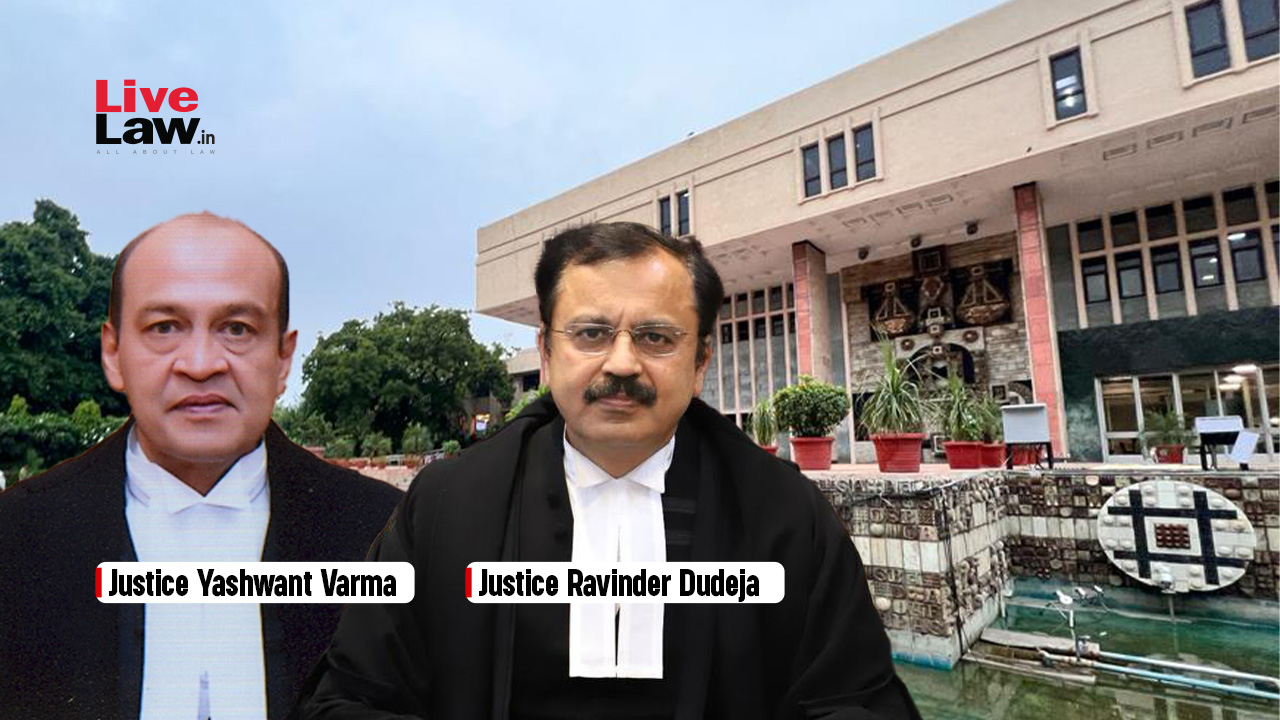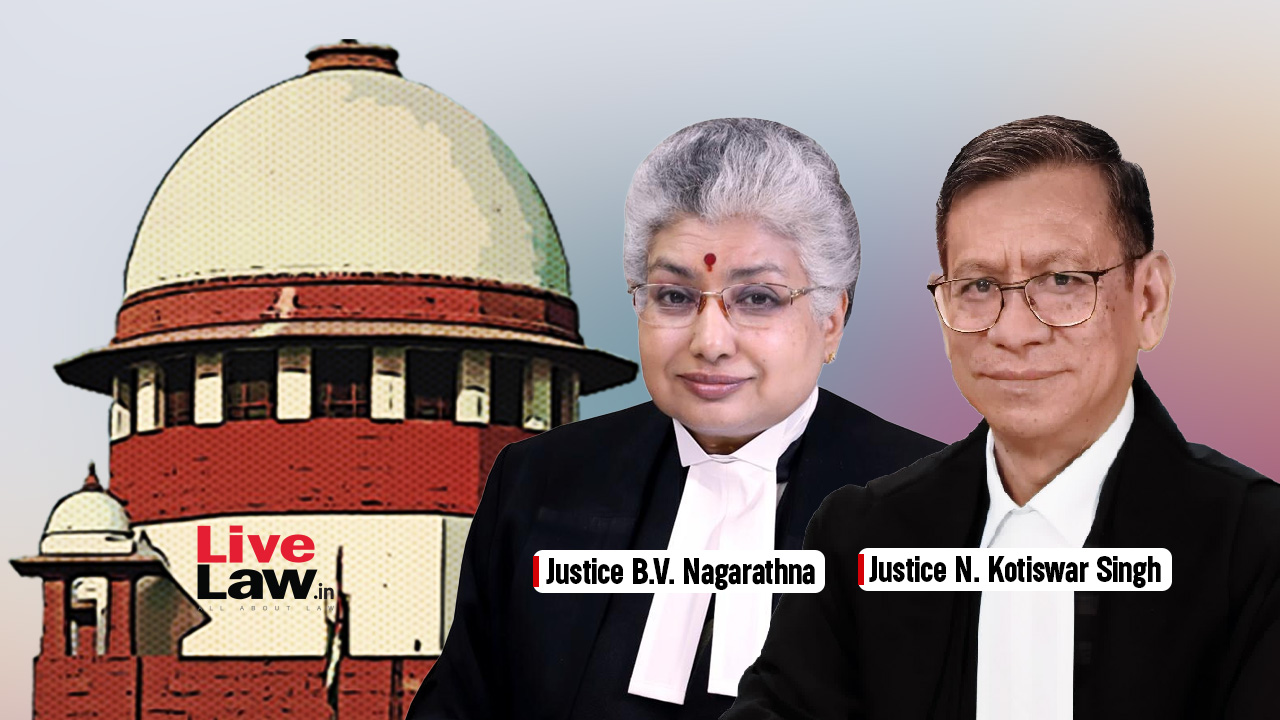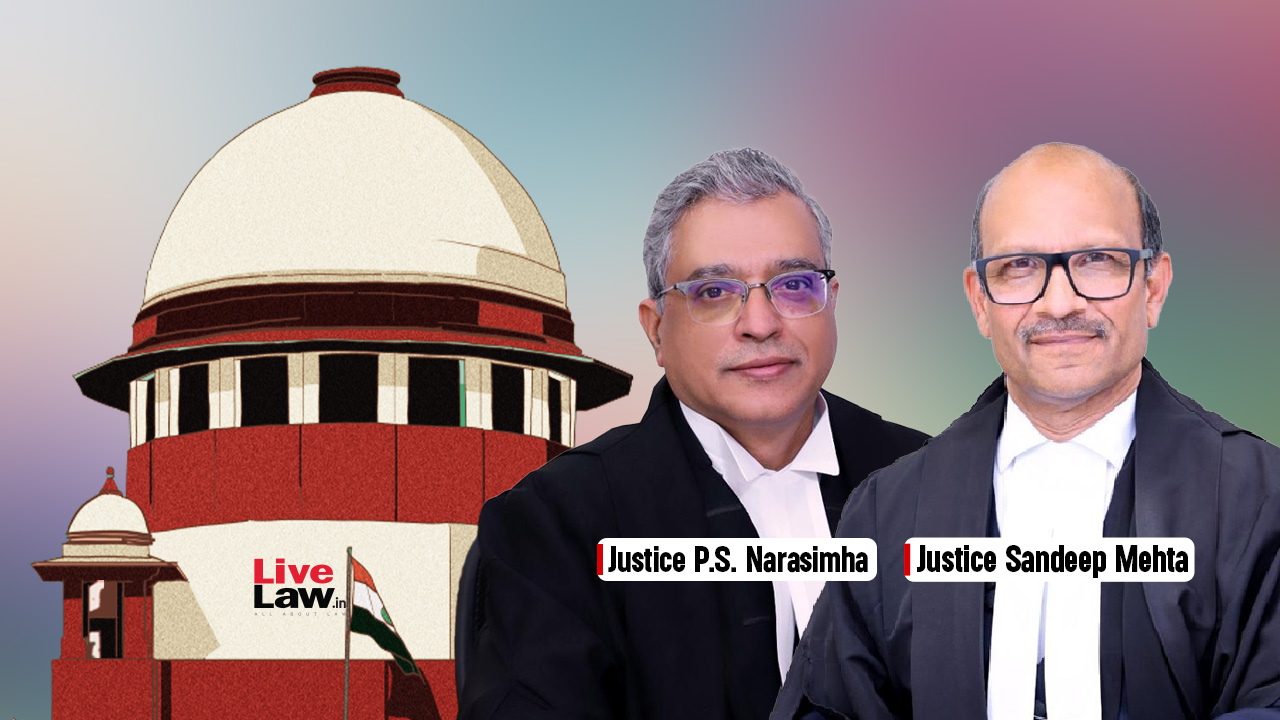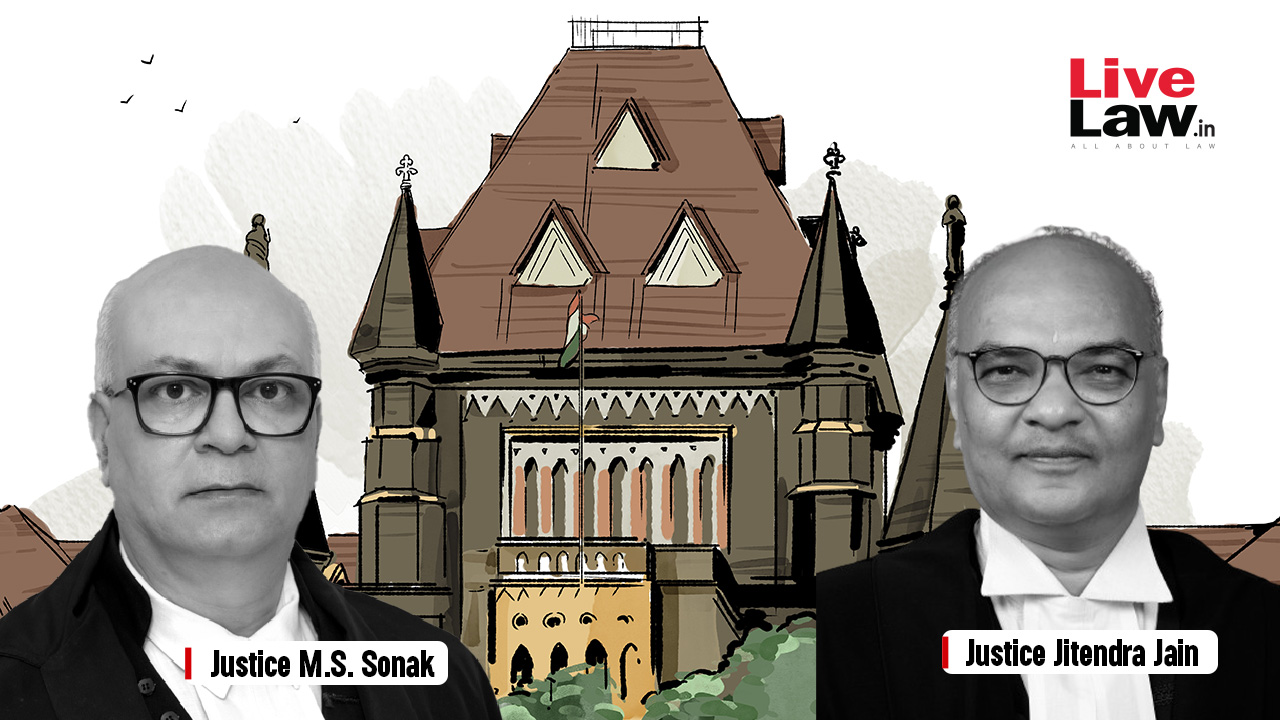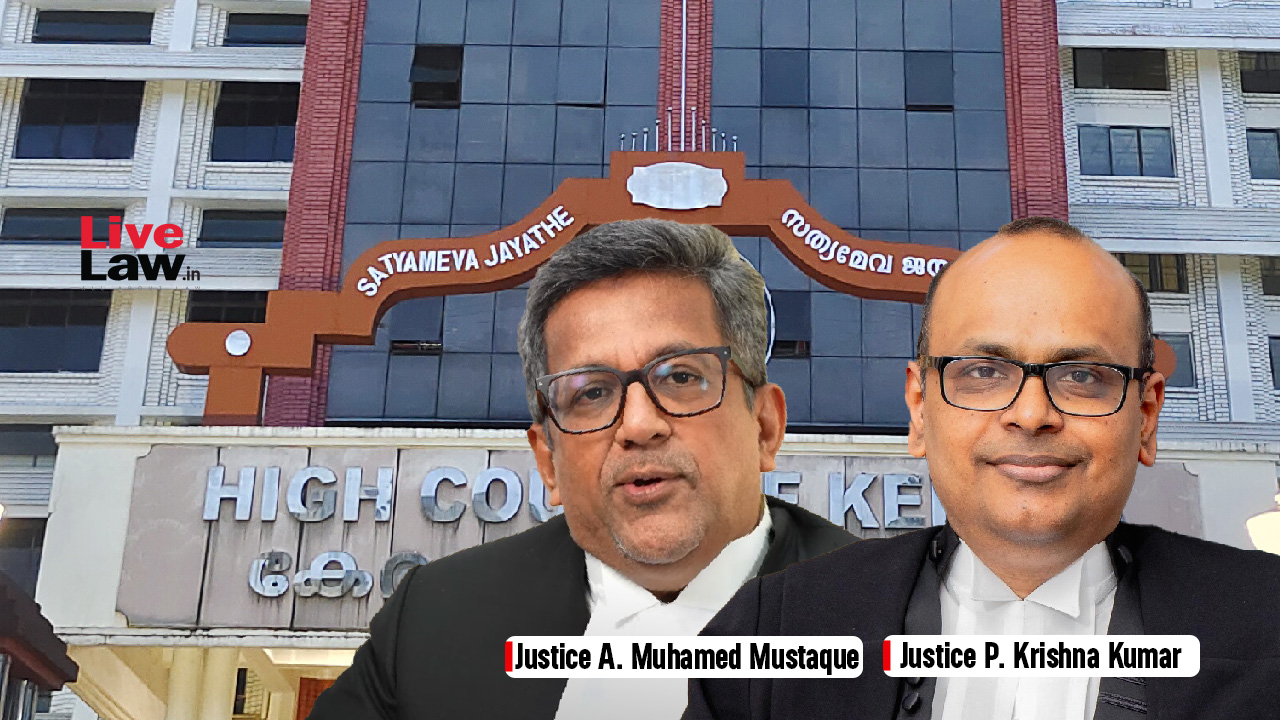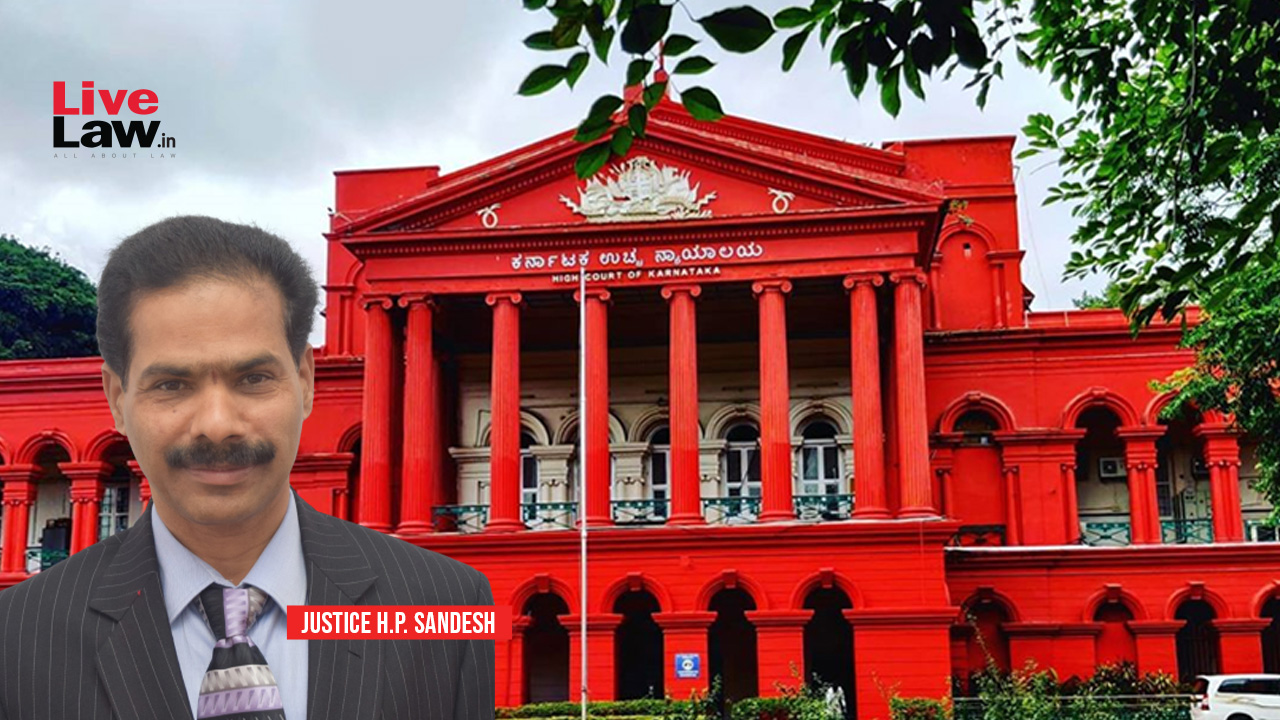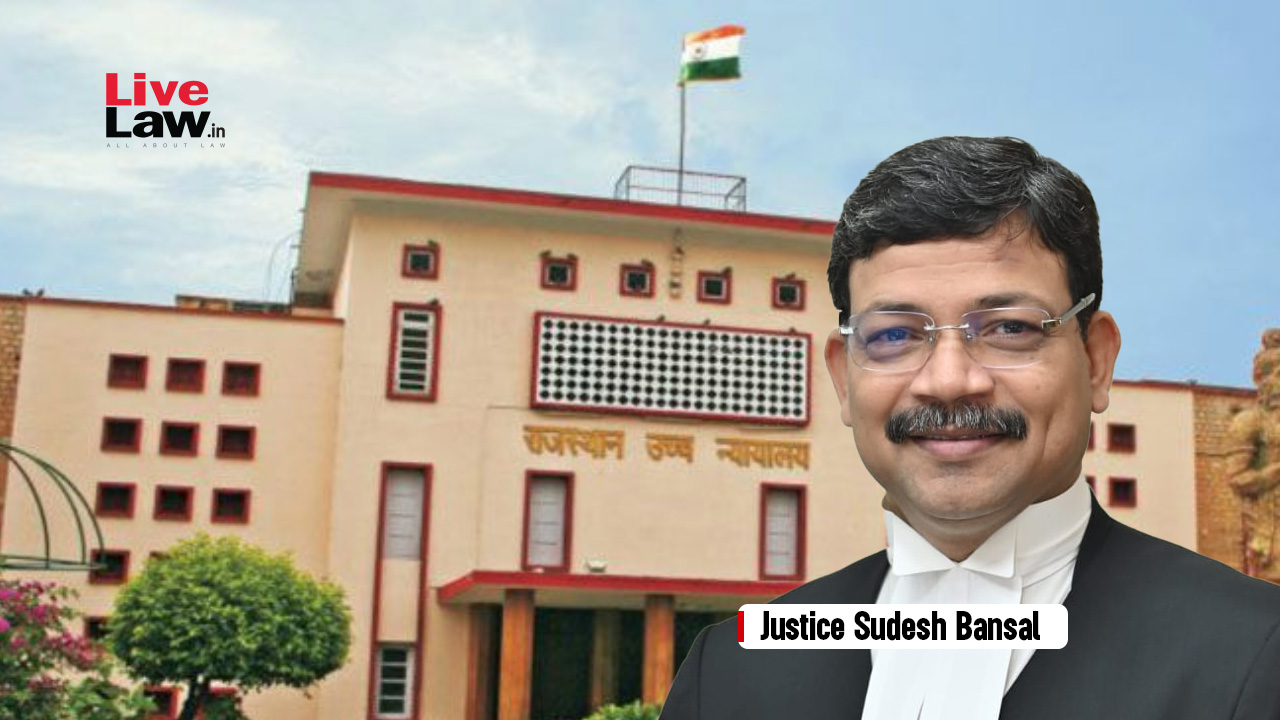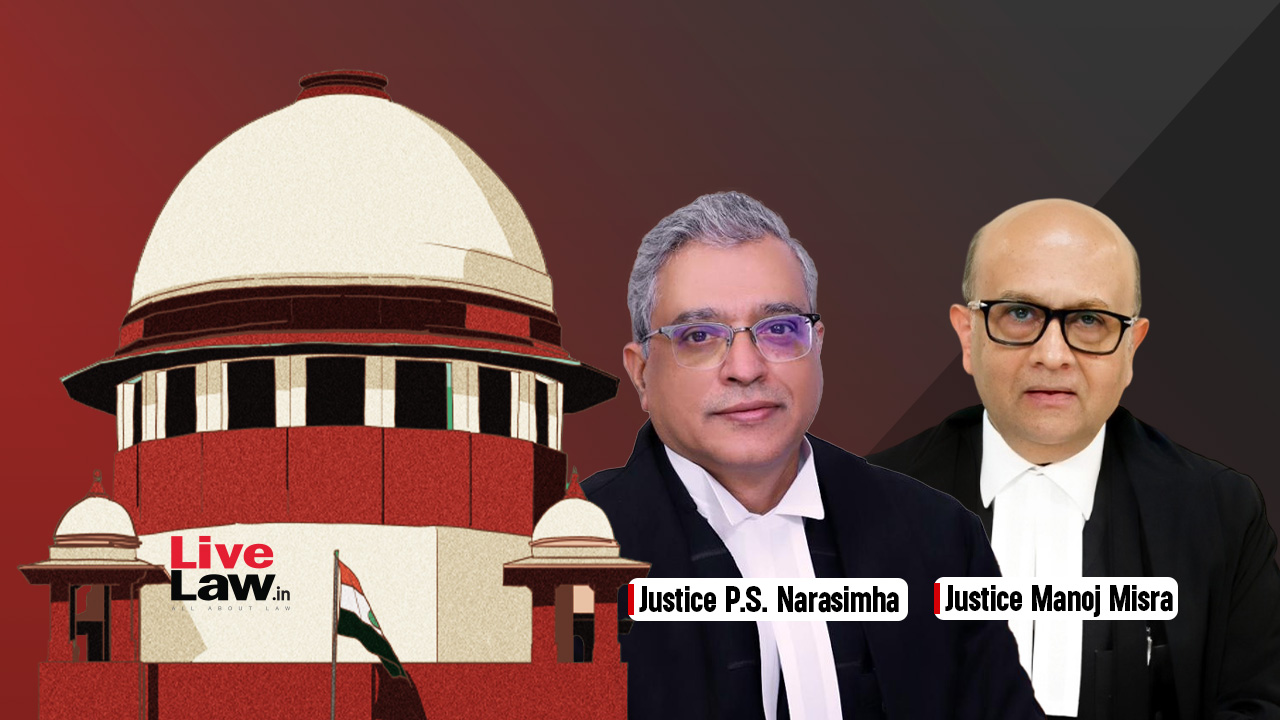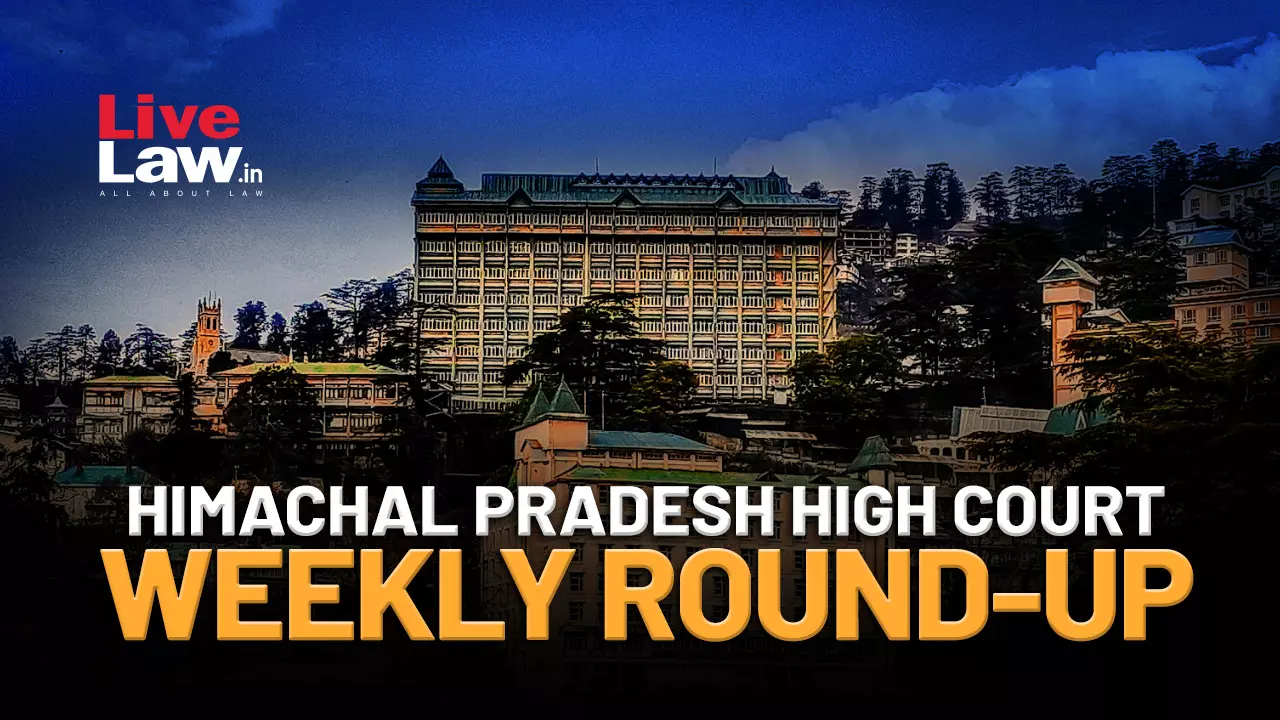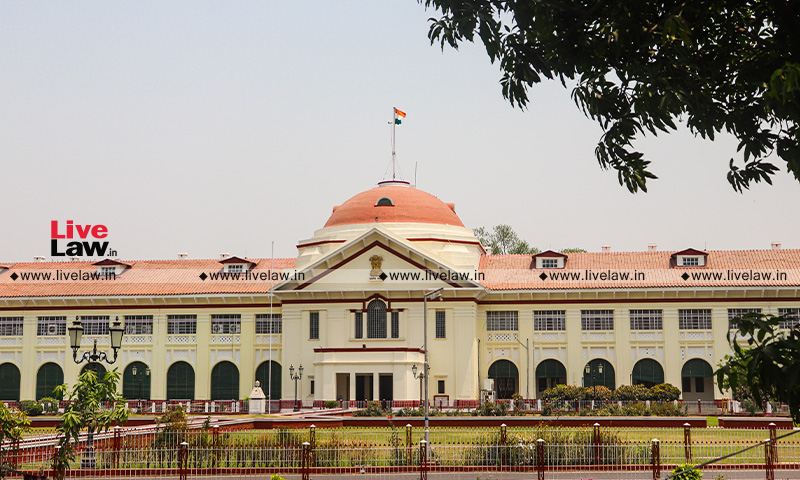
Finality Of Resolution Plans Under IBC And Pending Legal Proceedings
Live LawThe Supreme Court in its recent decision in Ghanashyam Mishra and Sons Pvt. Ltd. v. Edelweiss Asset Reconstruction Company Limited, has interpreted the binding nature of resolution plans on the various stakeholders of a corporate debtor and in Para 95 held as follows: " That once a resolution plan is duly approved by the Adjudicating Authority under sub section of Section 31, the claims as provided in the resolution plan shall stand frozen and will be binding on the Corporate Debtor and its employees, members, creditors, including the Central Government, any State Government or any local authority, guarantors and other stakeholders. The ruling would affect pending legal proceedings against the corporate debtor and would impact rights of contingent creditors who are not part of the resolution plan. The Supreme Court, after analysing prior pronouncements under the Code, viz., Committee of Creditors of Essar Steel India Limited v. Satish Kumar, and State Bank of India v. V. Ramakrishnan and by referring to the "Statement of Objects and Reasons" of the IBC Act, 2019, held that the amendment was clarificatory and declaratory and that all dues including statutory dues, which were not part of the resolution plan, stood extinguished, and that no proceedings could be initiated or continued in respect of such claims. Effect on pending proceedings The above ratio could affect the rights of parties whose claims have not attained finality in the following situations: A civil suit or an arbitration proceeding which is filed for a monetary claim or a right to such claim that arises as a consequence of breach of contract against the corporate debtor and which is pending when the resolution plan is approved by the adjudicating authority.
History of this topic
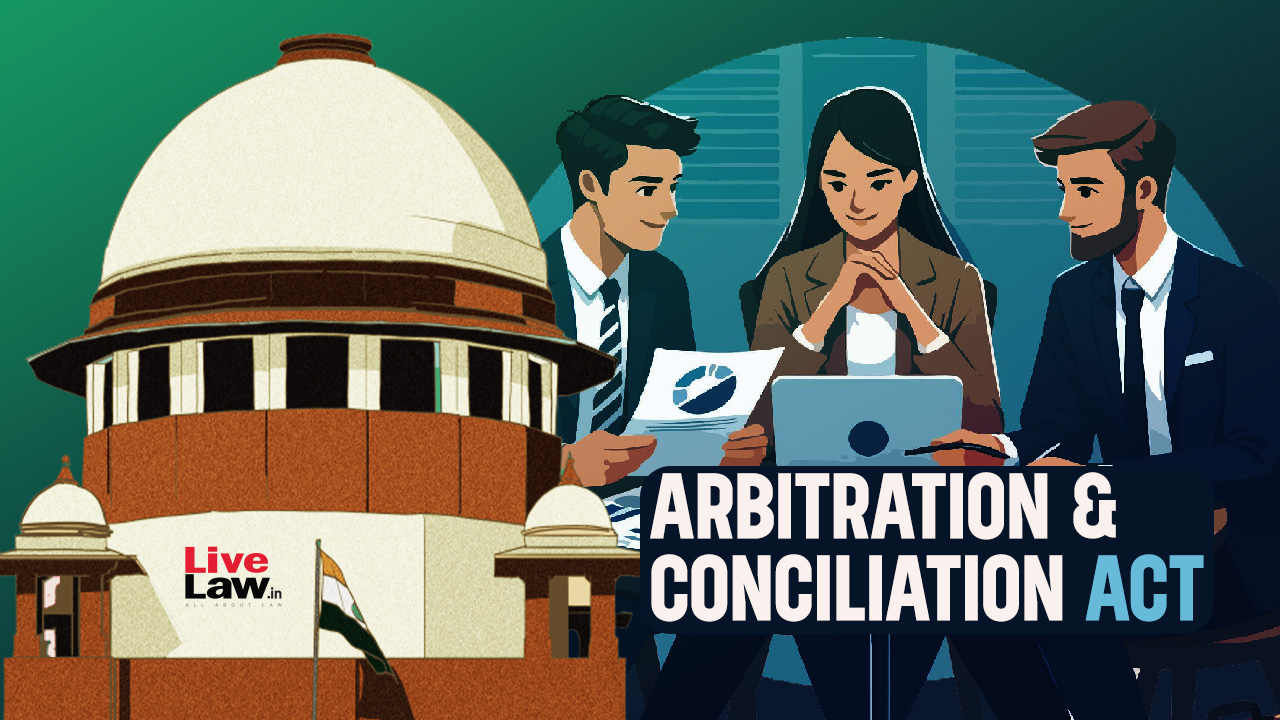
S. 33 Arbitration Act | Clarification On Award Can Be Issued Even After Arbitral Tribunal Becomes Functus Officio : Supreme Court
Live Law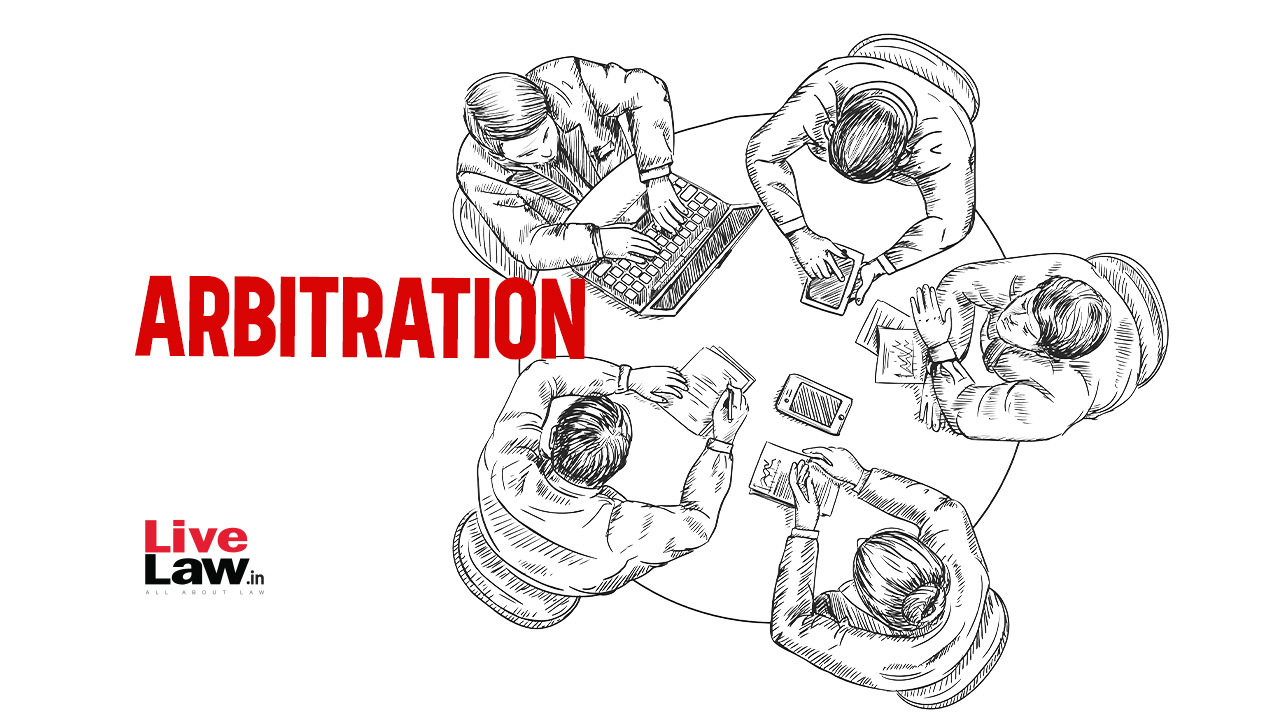
Section 29A Of Arbitration & Conciliation Act, 1996: Complications More Than Cure
Live Law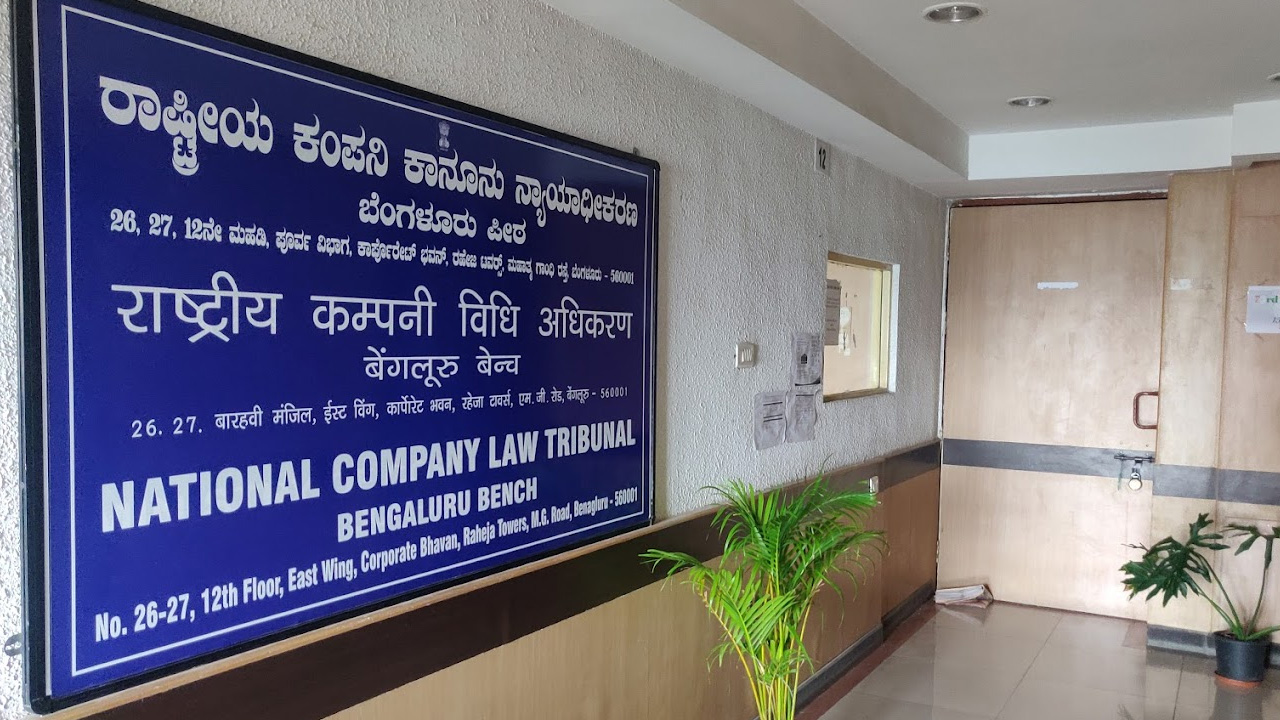
All Claims Including Subject Matter Of Ongoing Arbitration Proceedings Stand Extinguished After Approval Of Resolution Plan: NCLT Bengaluru
Live Law
Arbitration Monthly Digest: November, 2024
Live Law
Delhi HC Allows Invocation Of Arbitration Clause After 10 Yrs, Says That Scope Of S.11(6) Plea Is Limited To Ascertaining Existence Of Agreement
Live Law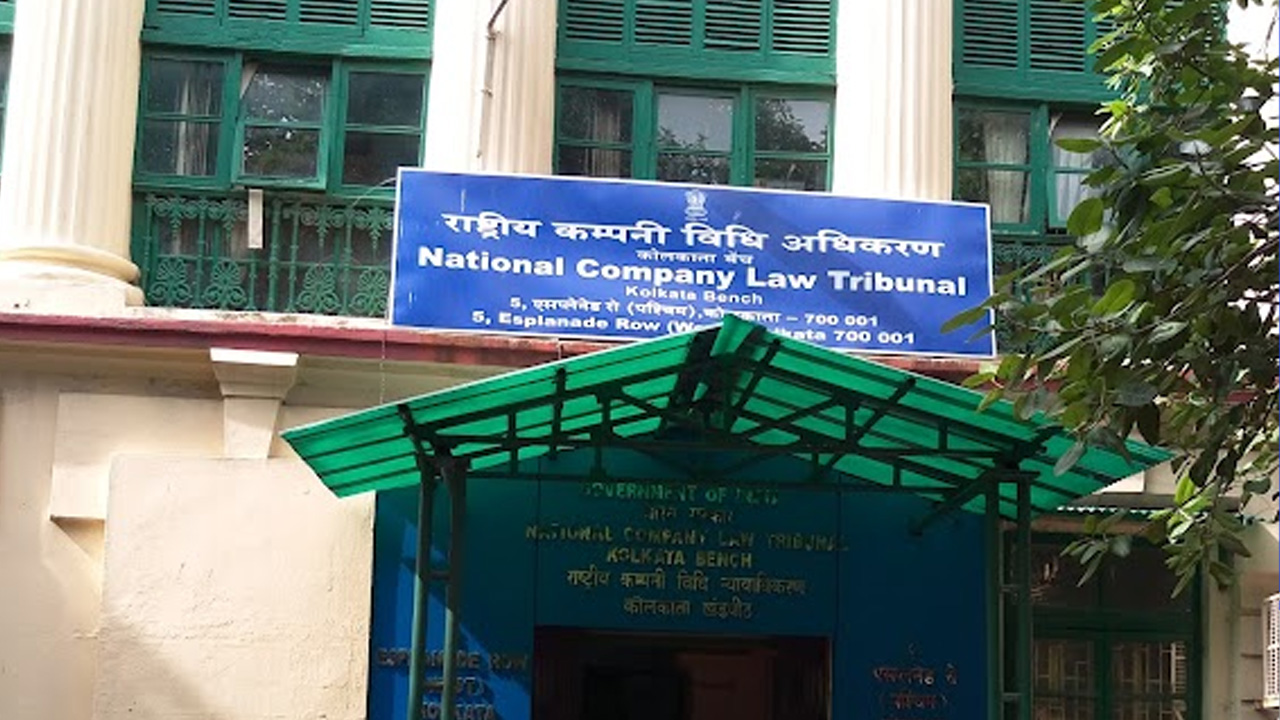
Mere Possession Over Assets Of Corporate Debtor Under SARFAESI Act Does Not Bar Filing Of Petition U/S 7 Of IBC: NCLT Kolkata
Live Law
Mere Possession Over Assets Of Corporate Debtor Under SARFAESI Act Does Not Bar Filing Of Petition U/S 7 Of IBC: NCLT Kolkata
Live Law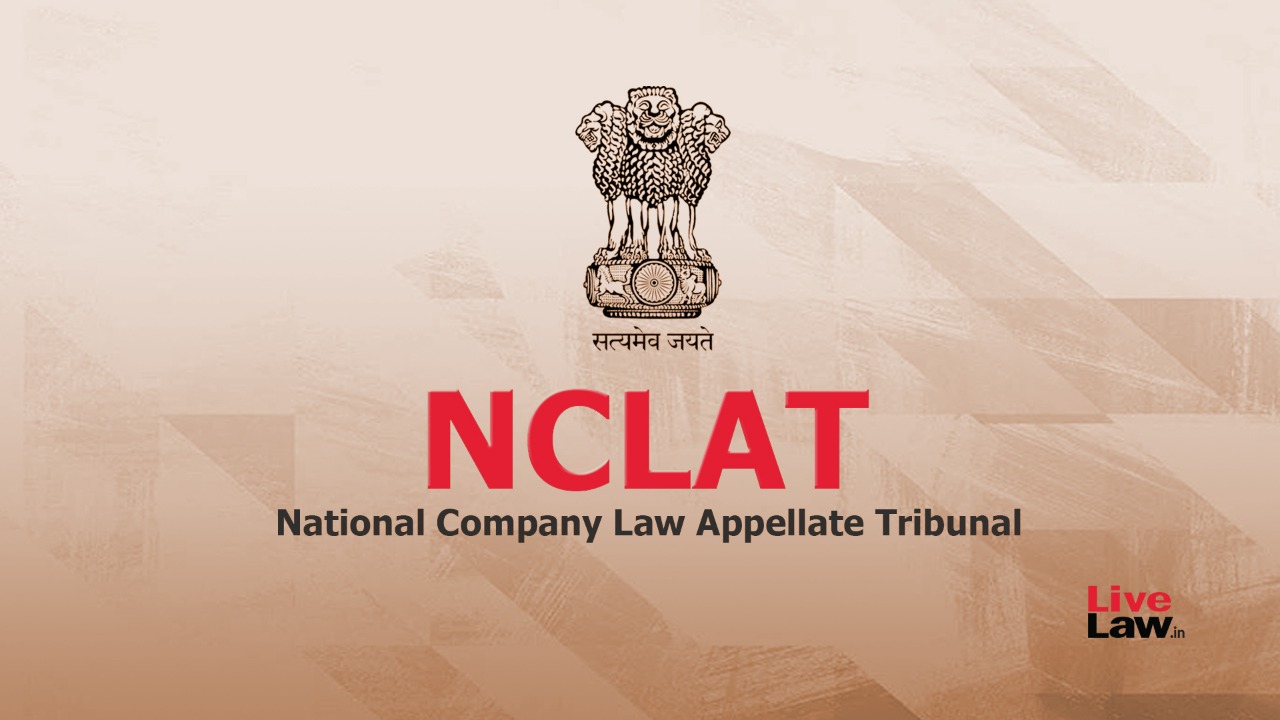
Any Amount Proposed In Settlement Plan U/S 12A Of IBC Cannot Be Refunded If Plan Is Approved: NCLAT
Live Law
De-Jure Ineligibility To Act As Arbitrator U/S 12(5) Of Arbitration Act Can Be Waived Only By Express Agreement In Writing: Delhi High Court
Live Law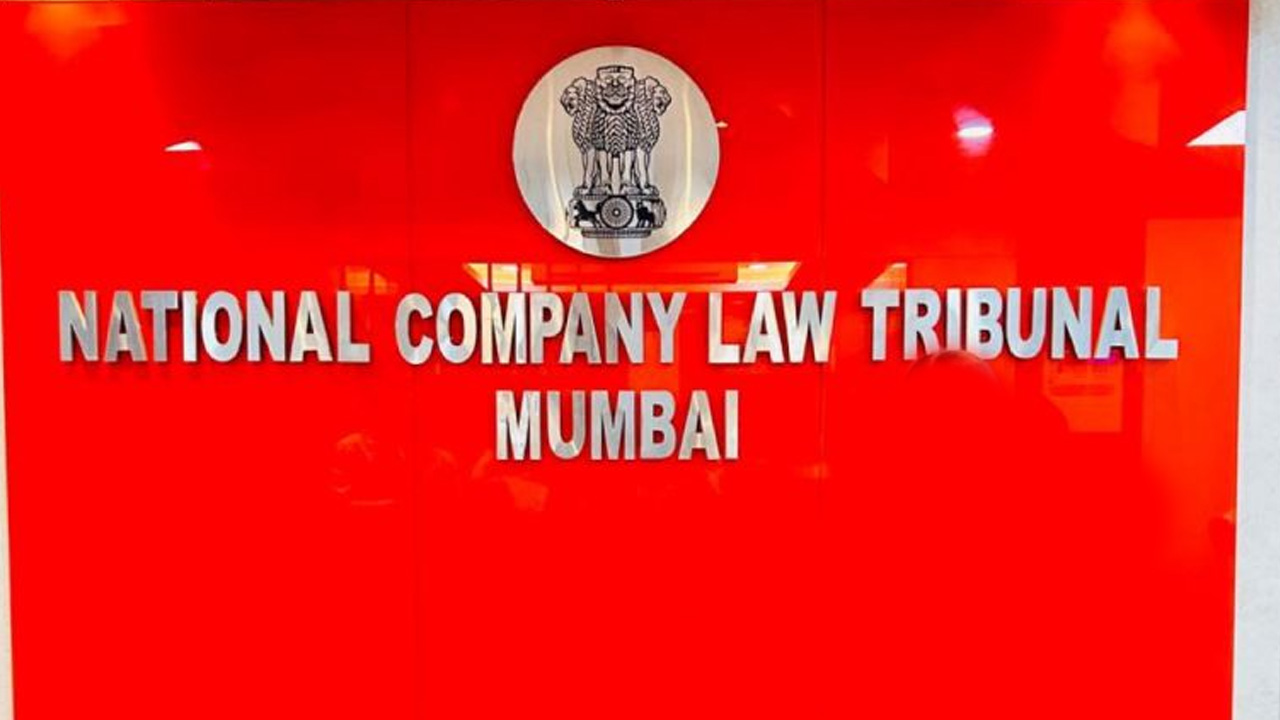
Extinguishment Of Promoters' Personal Guarantees In Resolution Plan Is Valid If Plan Complies With IBC Provisions: NCLT Mumbai
Live Law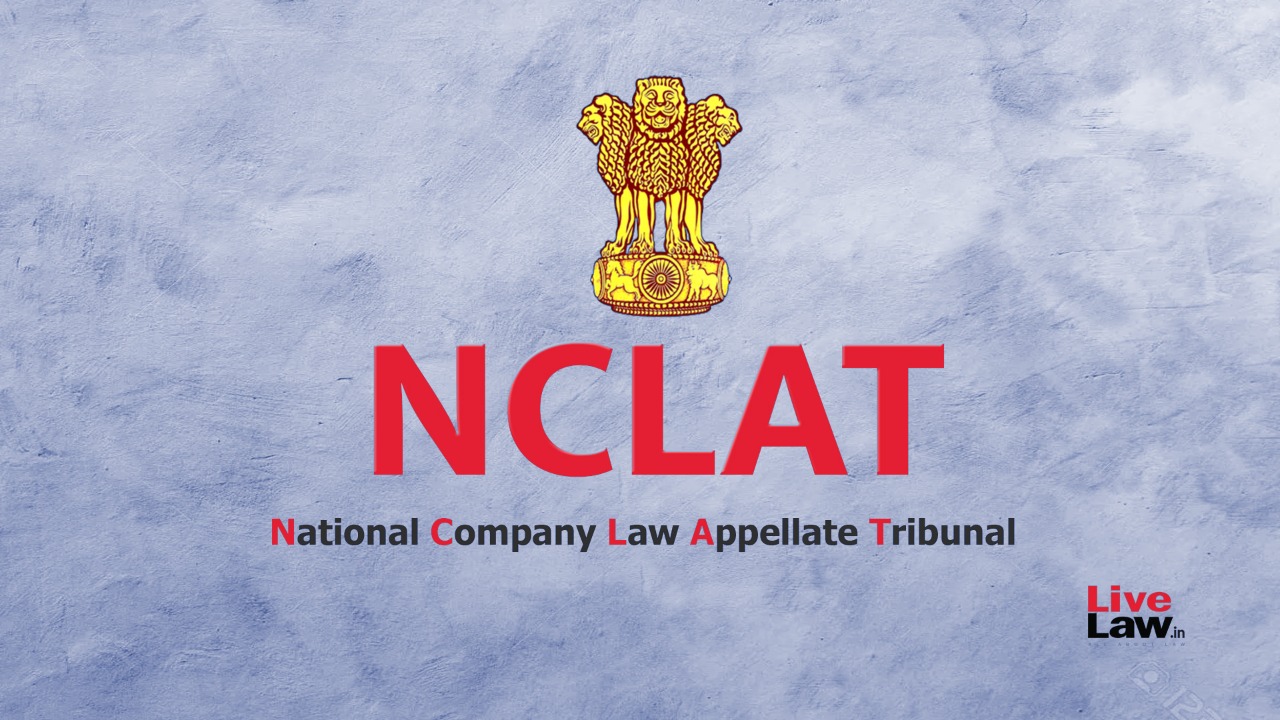
NCLAT Rejects Resolution Plan of Bishwanath Traders & Investment Ltd. under Section 29A of IBC
Live Law
Arbitration Cases Monthly Digest: September 2024
Live Law
Directing Corporate Debtor To Civil Courts Or Arbitration For Admitted Dues Undermines IBC Objectives: NCLT Mumbai
Live Law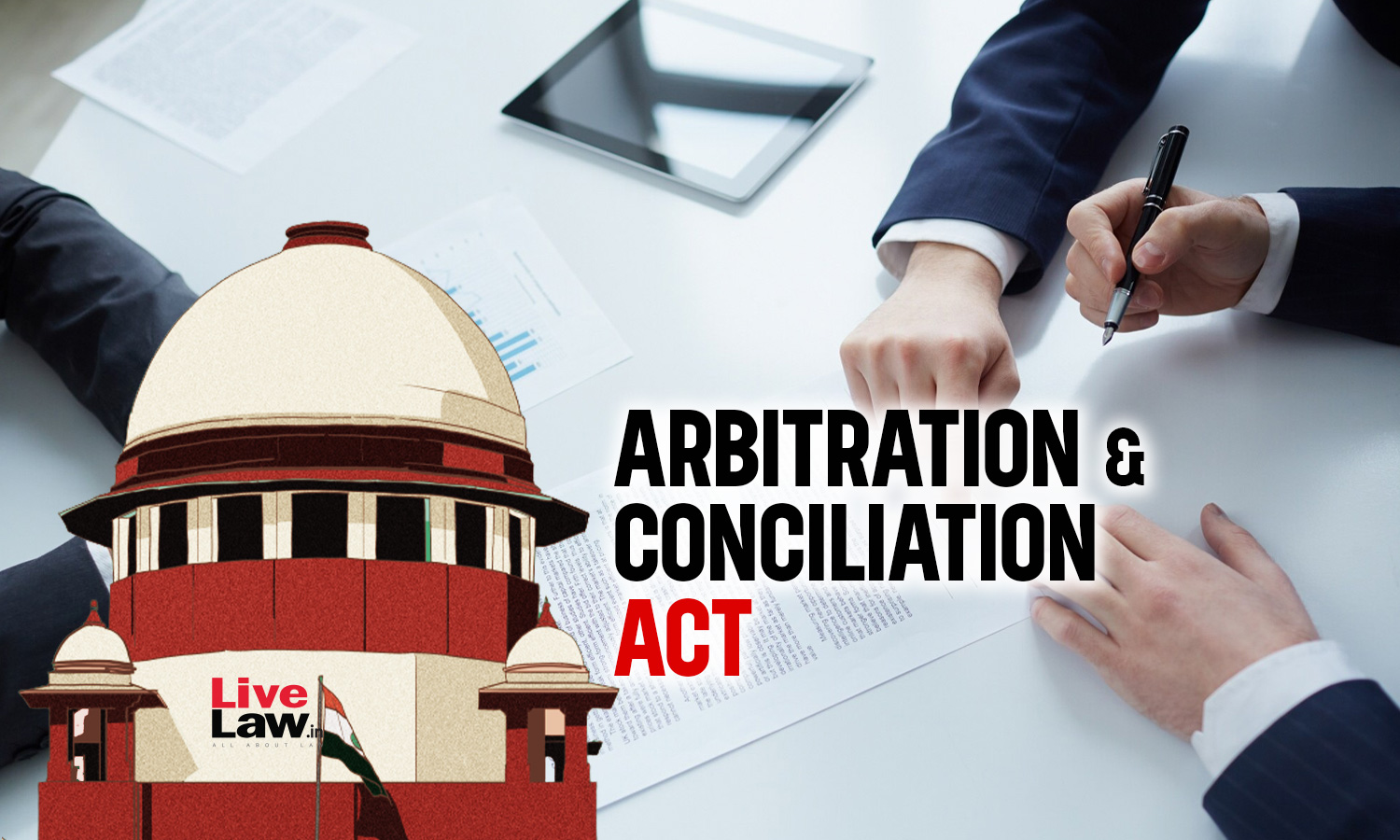
Arbitration | Referral Courts Must Not Conduct Intricate Enquiry On Whether Claims Are Time-Barred : Supreme Court Clarifies 'Arif Azim' Judgment
Live Law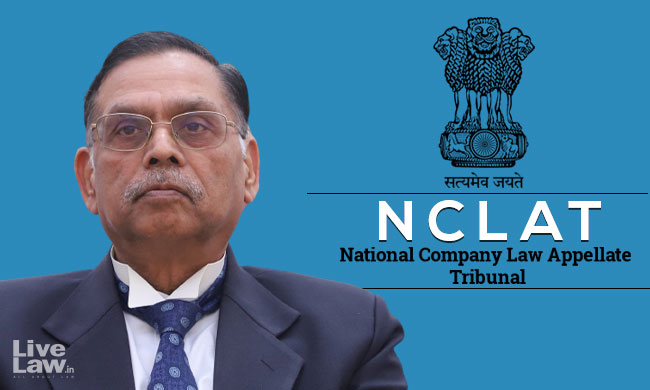
NCLAT Delhi: Section 95(1) Of IBC Permits Creditors To Initiate Insolvency Proceedings Against Personal Guarantors Via A Resolution Professional
Live Law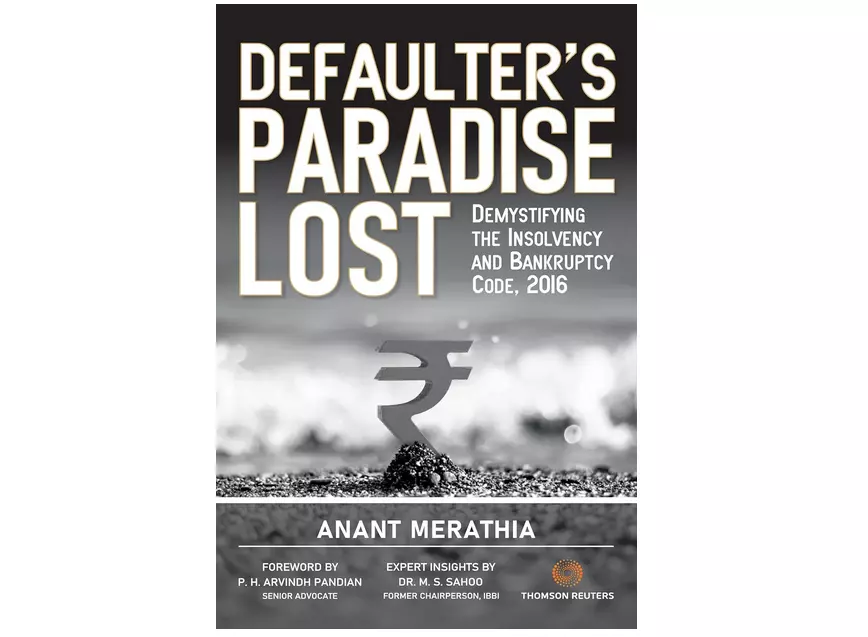
IBC Revolutionizes Corporate Insolvency
Deccan Chronicle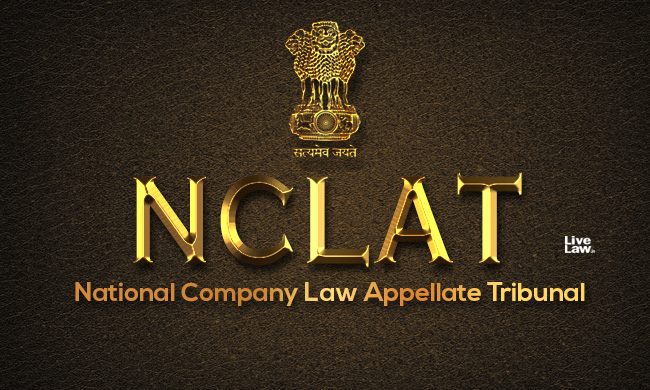
NCLAT Delhi: Non-Grant Of Reliefs And Concessions By NCLT Does Not Have Any Adverse Effect On The Validity Of The Resolution Plan And Is Not Violative Of The Law
Live Law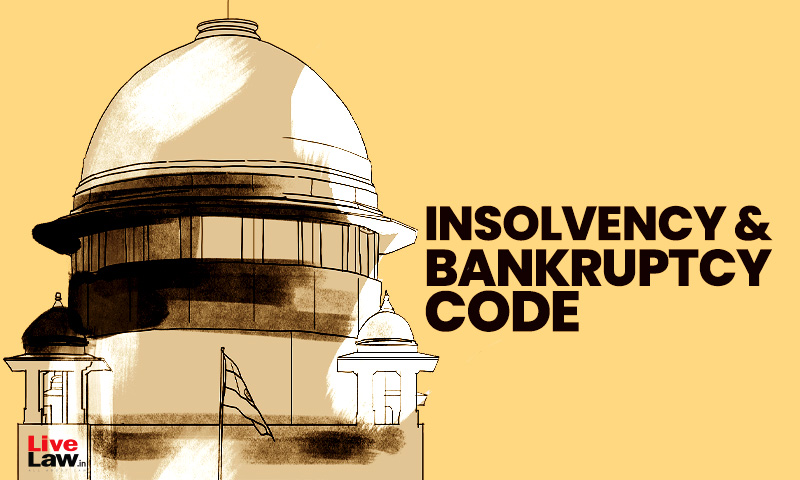
IBC- Admitting Claims After Resolution Plan Has Been Accepted By COC Would Make CIRP An Endless Process: Supreme Court
Live Law
Resolution Professional Empowered To Keep Claims In Abeyance: NCLAT Chennai
Live Law
Arbitration Cases Weekly Round-Up: 14 To 20 May, 2023
Live Law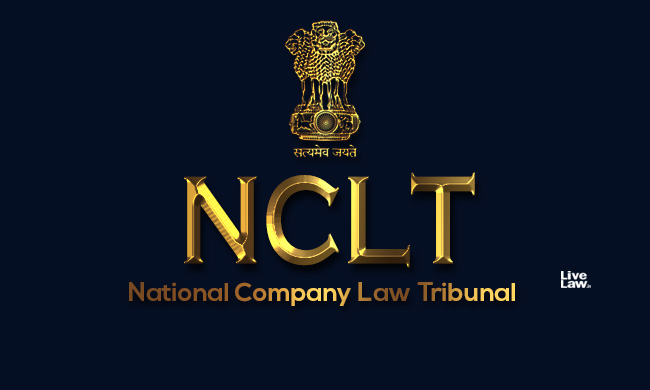
A Petition Against A Corporate Guarantor Cannot Be Dismissed Simply Because A Resolution Plan For The Corporate Debtor Is Under Consideration: NCLT Mumbai
Live Law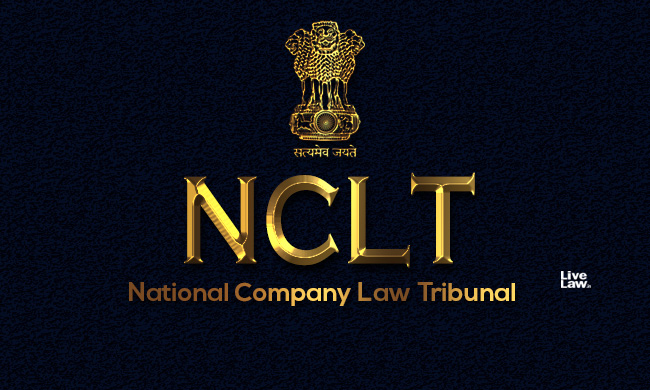
Approval Of Resolution Does Not Absolve Guarantor; NCLT Mumbai Reiterates
Live Law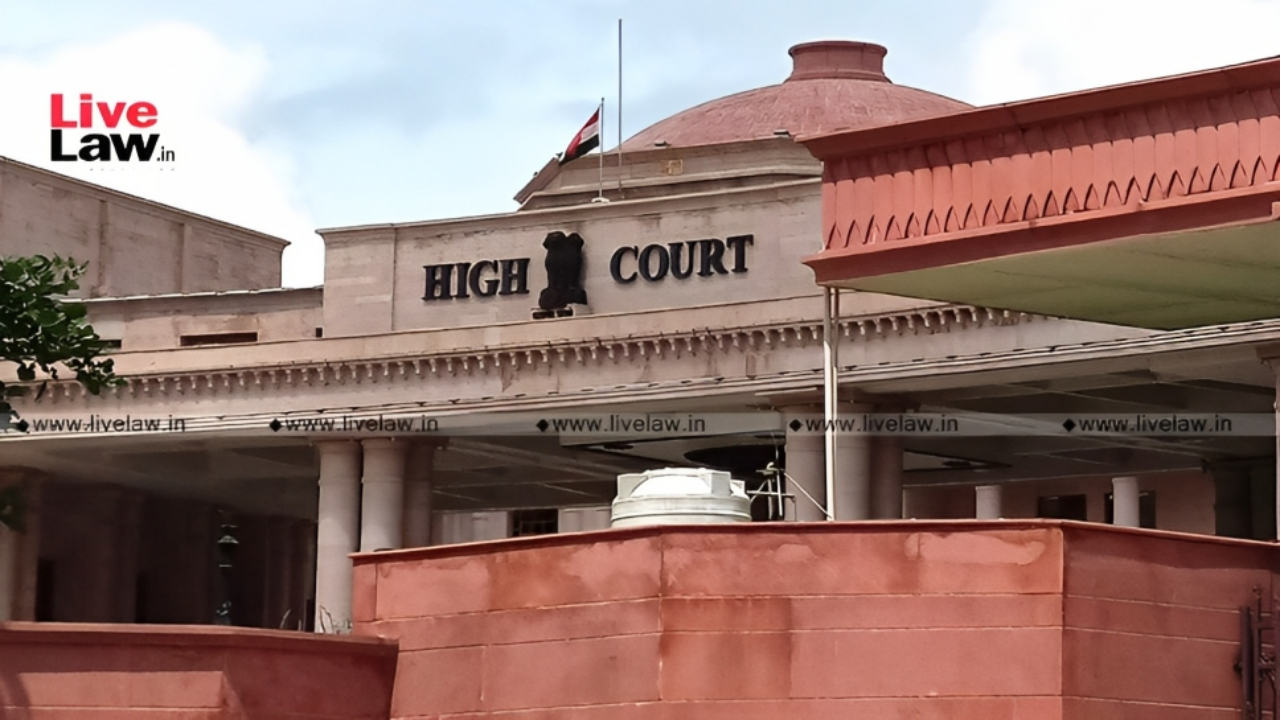
No Ipso Facto Absolvement Of Guarantor’s Liability Upon Approval Of Resolution Plan: Allahabad High Court
Live Law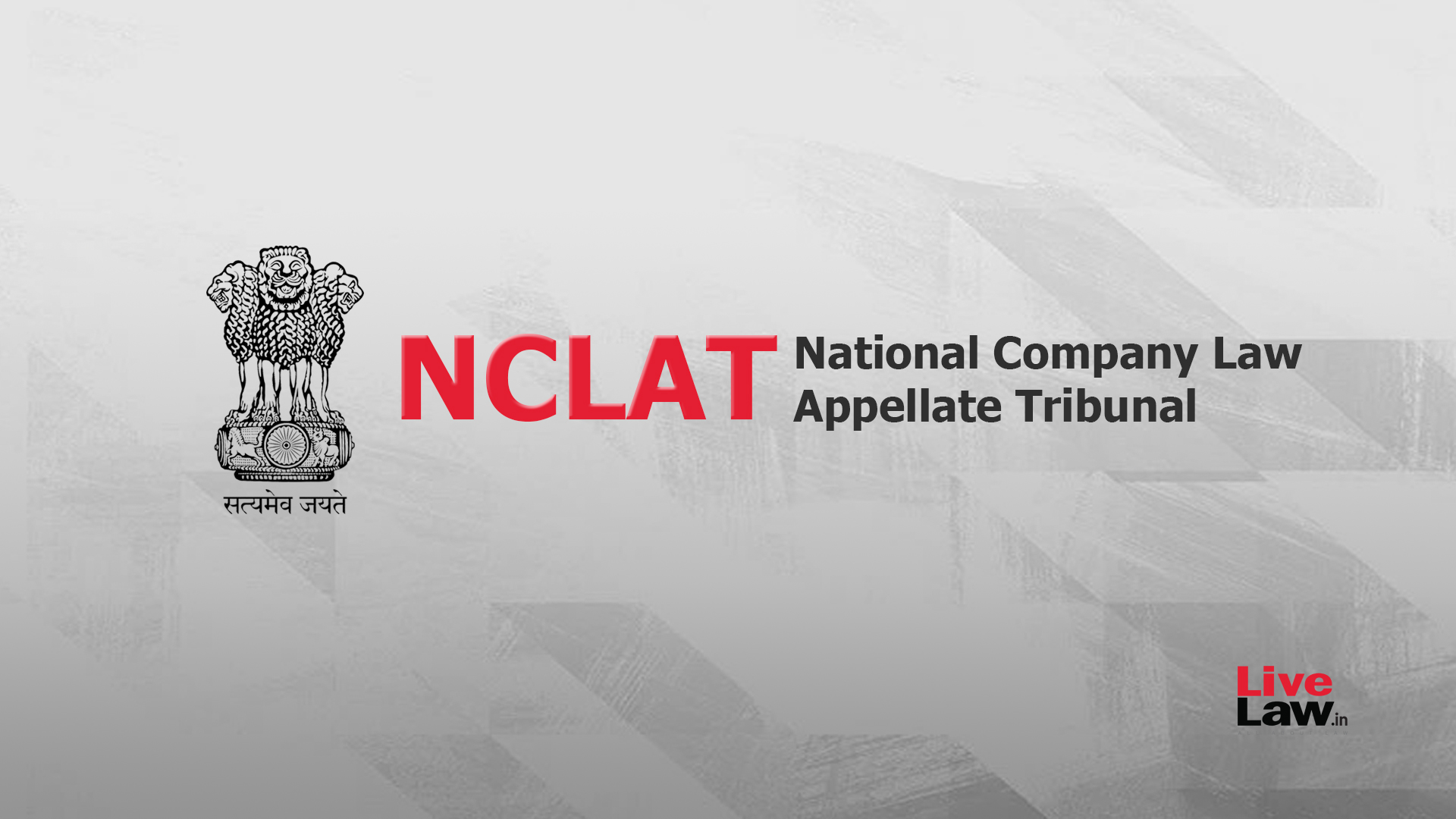
AA Shall Either Approve Or Reject The Resolution Plan, No Power To Modify It: NCLAT Delhi
Live Law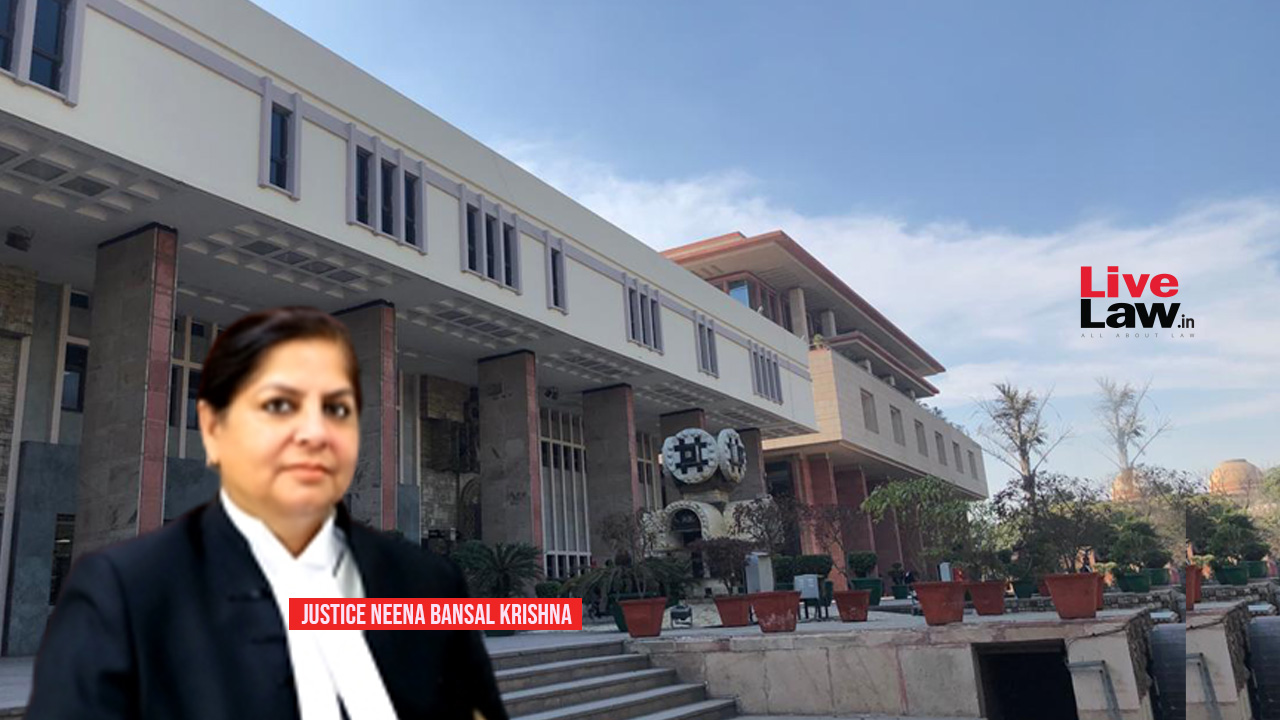
Invoking CIRP Would Not Make The Dispute Non-Arbitrable : Delhi High Court
Live Law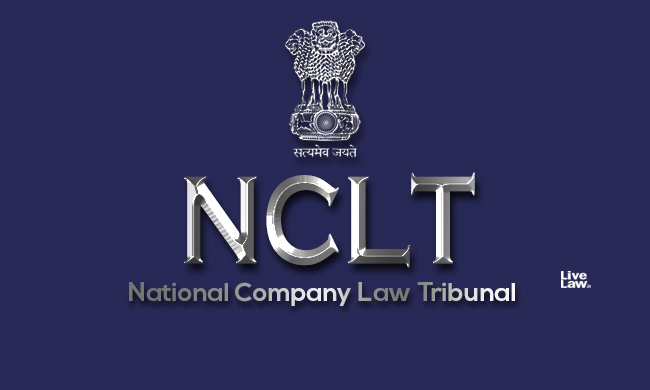
Related Party Of Financial Creditor Not Barred U/S 29A To Submit A Resolution Plan: NCLT Cuttack
Live Law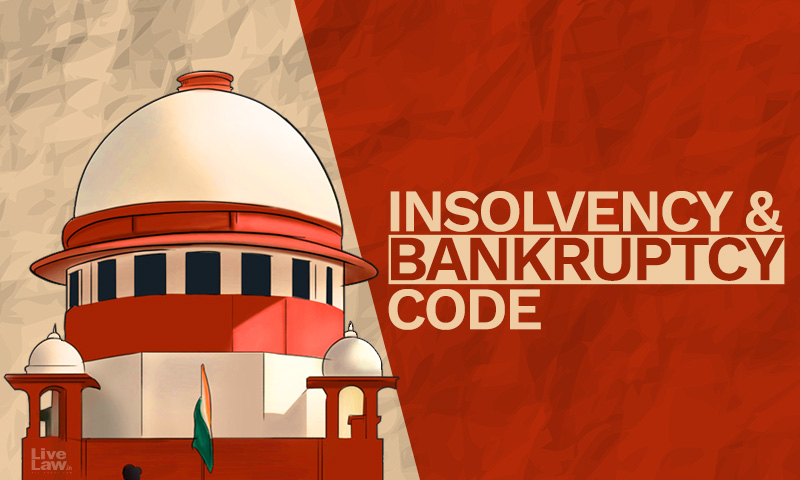
IBC - Approval Of A Resolution In Respect Of One Borrower Cannot Discharge A Co-Borrower : Supreme Court
Live Law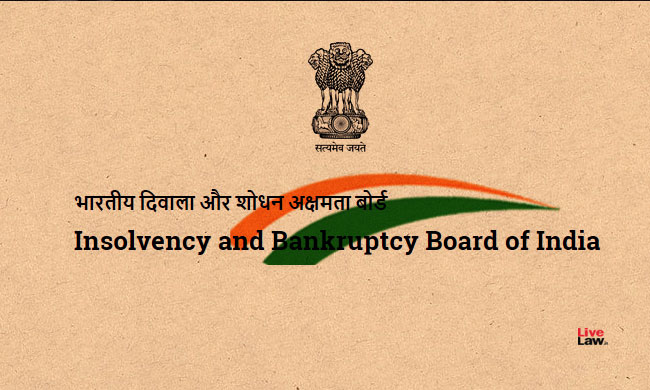
RP And COC Can Request Resolution Plan For A Second Time; IBBI Notification
Live Law
Resolution Plan Which Ignores Statutory Dues Payable To State Government/Legal Authority Liable To Be Rejected : Supreme Court
Live Law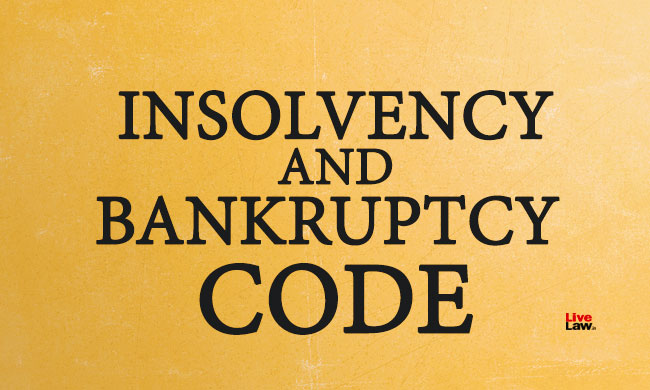
Reverse Corporate Insolvency Resolution Process In Case Of Real Estate Companies
Live Law
IBC Cases Weekly Round Up: 20 June To 26 June, 2022
Live Law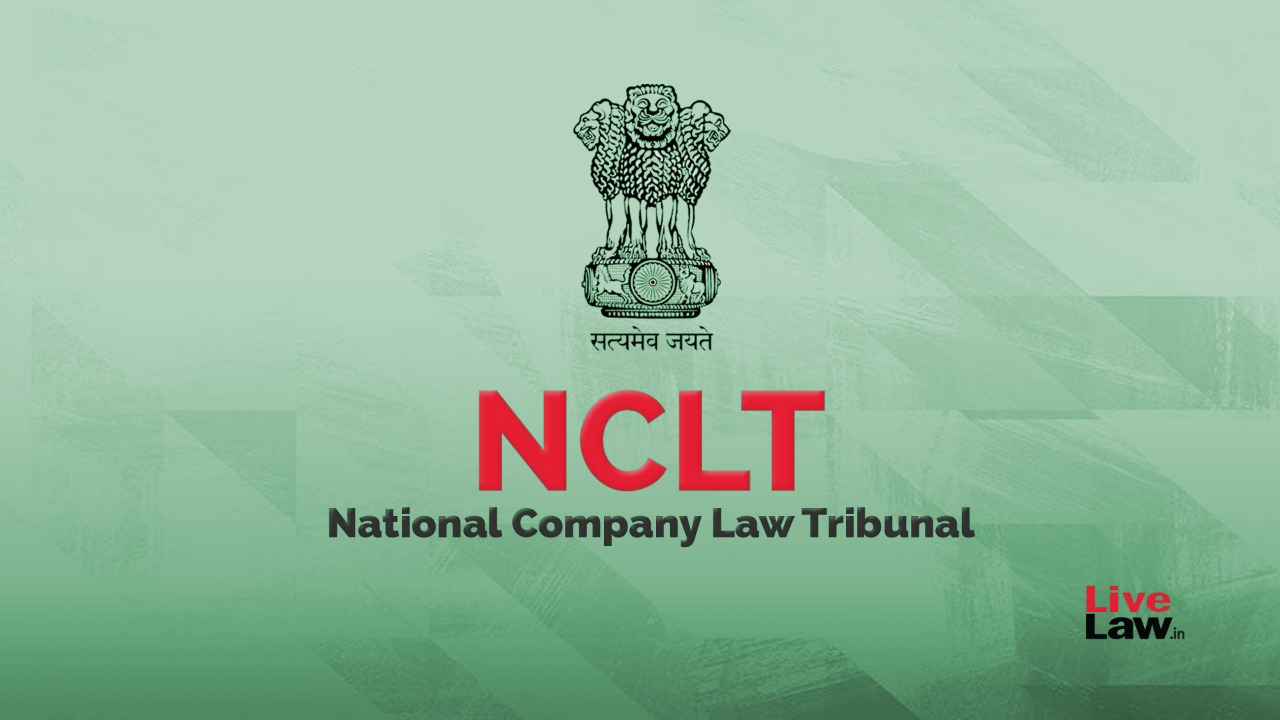
Proceedings U/S 95 Of The IBC Shall Abate On Death Of The Personal Guarantor: NCLT, New Delhi
Live Law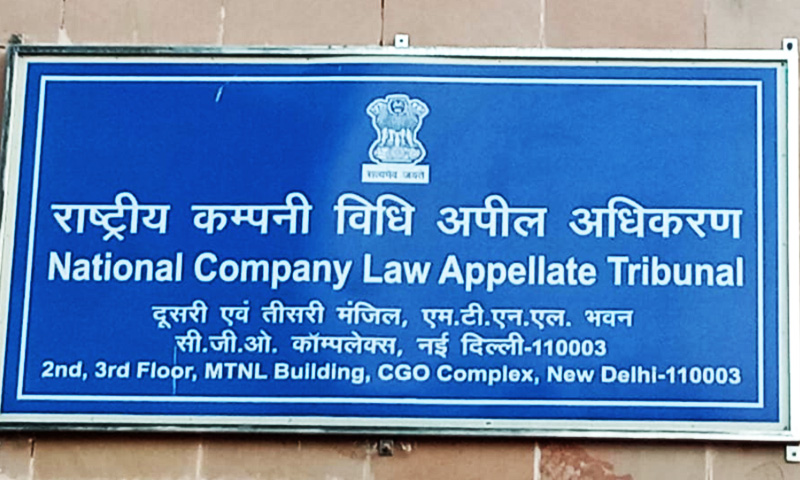
Commercial Wisdom of the CoC To Prevail, Unless The Same Is In Contravention Of Any Law, Reiterates NCLAT
Live Law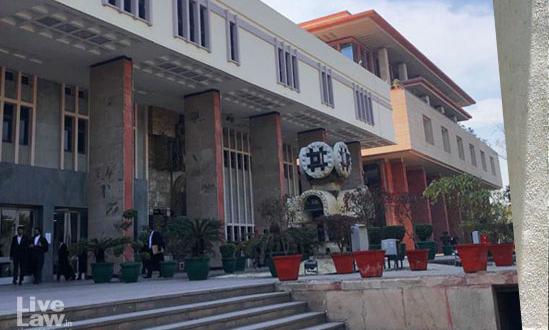
Objections Against Enforcement Of Foreign Arbitral Award Can't Be Filed In A Piecemeal Manner: Delhi High Court Imposes 1 Lakh Cost
Live Law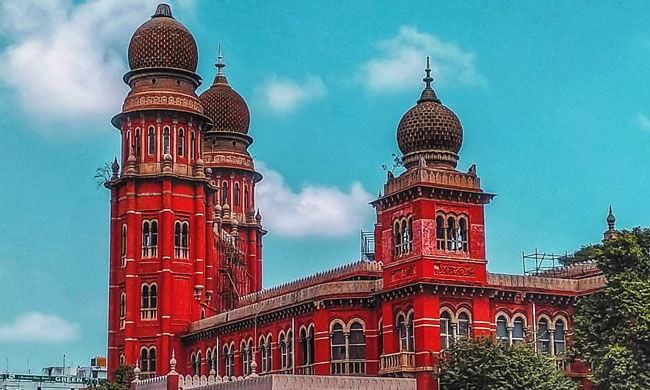
Imposition Of Moratorium Under IBC Does Not Bar Complaints Against Natural Persons: Madras High Court
Live Law
After Approval By The Adjudicating Authority, The Resolution Plan Is No More A Confidential Document: NCLAT
Live Law
IBC: NCLT Cannot Adjudicate Contractual Dispute If Termination Of Contract Is Based On Grounds Unrelated To Corporate Debtor's Insolvency: Supreme Court
Live Law
Financial Creditor Has To Prove That Application Filed U/s 7 IBC Is Not Barred By Limitation; But Materials Produced By Corporate Debtor Can Be Examined: Supreme Court
Live Law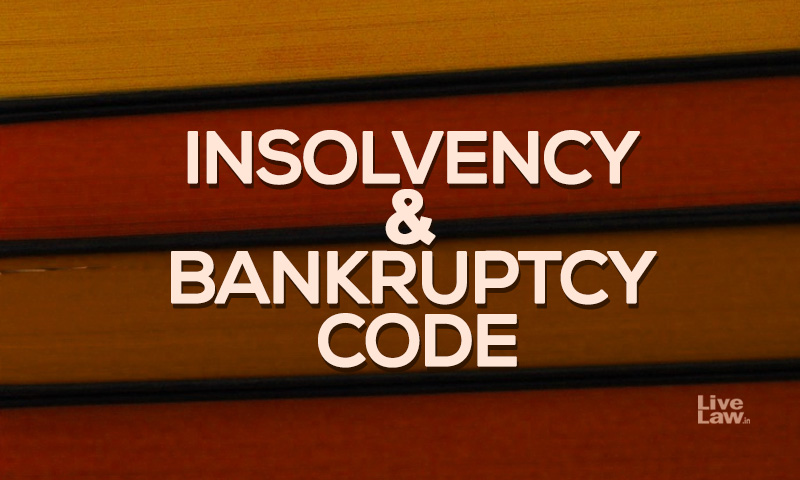
Supreme Court Closes Doors For Withdrawal Or Modification Of Resolution Plans After Acceptance By Committee Of Creditors
Live Law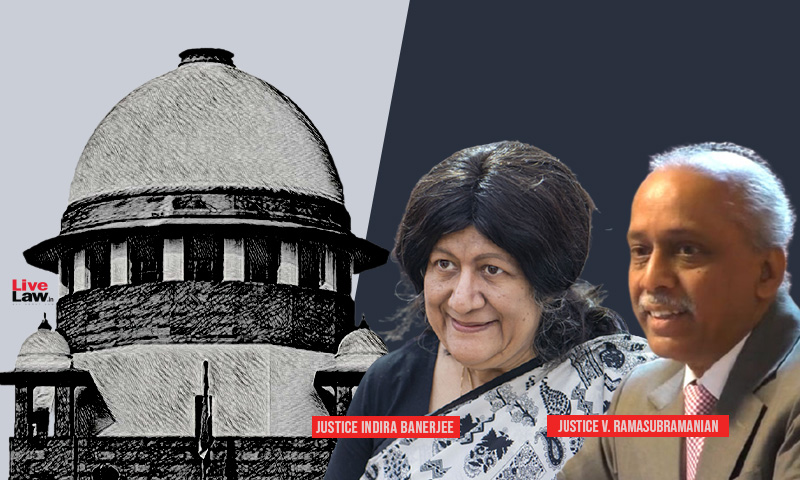
Money Decree/Certificate Of Recovery In Favour Of Financial Creditor Gives Fresh Cause Of Action To Initiate CIRP U/s 7 IBC: Supreme Court
Live Law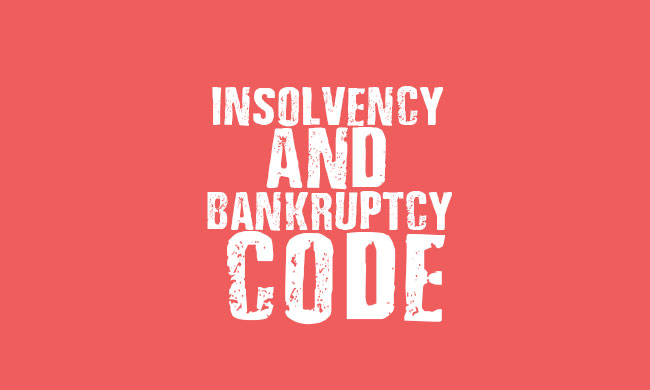
Formation of the Committee Of Creditors under the Insolvency and Bankruptcy Code: A Visible Collusion
Live Law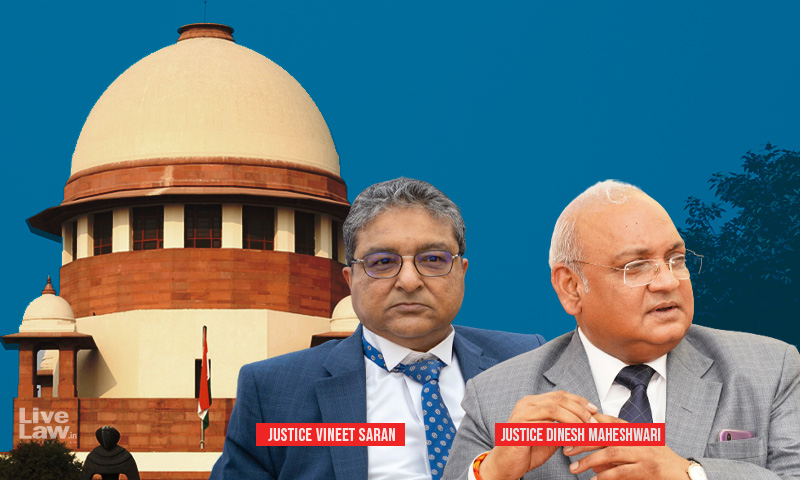
Secured Creditor Can't Challenge Resolution Plan Insisting That Higher Amount Should Be Paid Based On Security Interest : Supreme Court
Live Law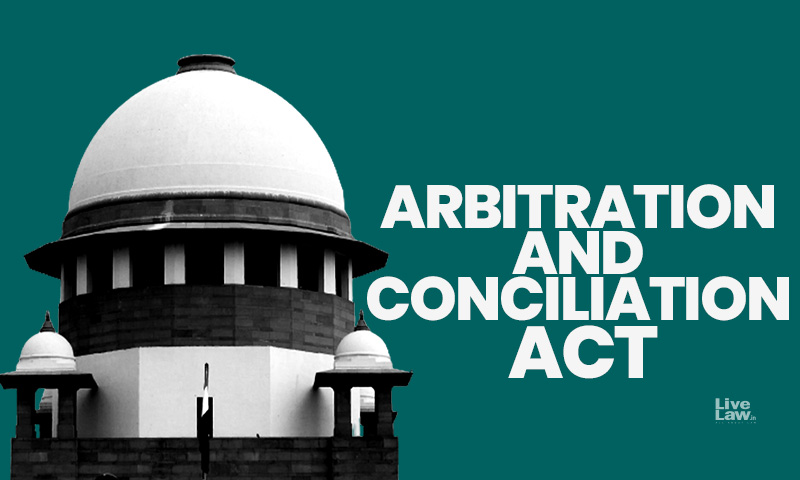
Important Supreme Court Judgments On Arbitration Passed Recently
Live Law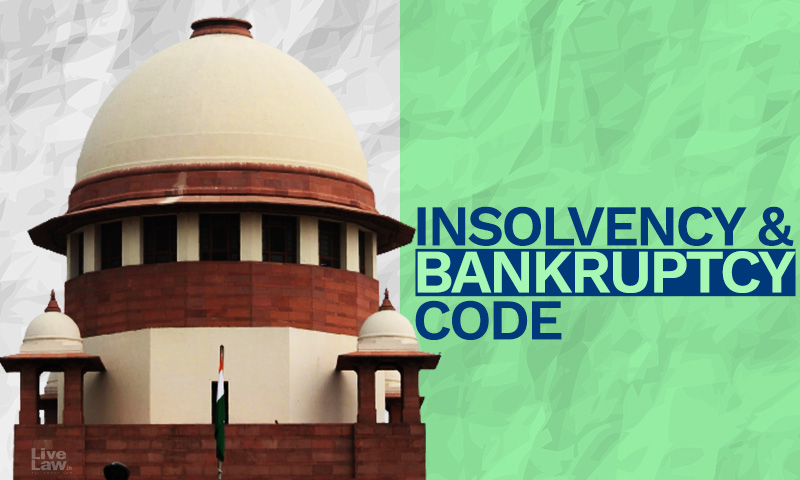
IBC - Approval Of Resolution Plan Does Not By Itself Discharge Liabilities Of Personal Guarantor Of Corporate Debtor: Supreme Court
Live Law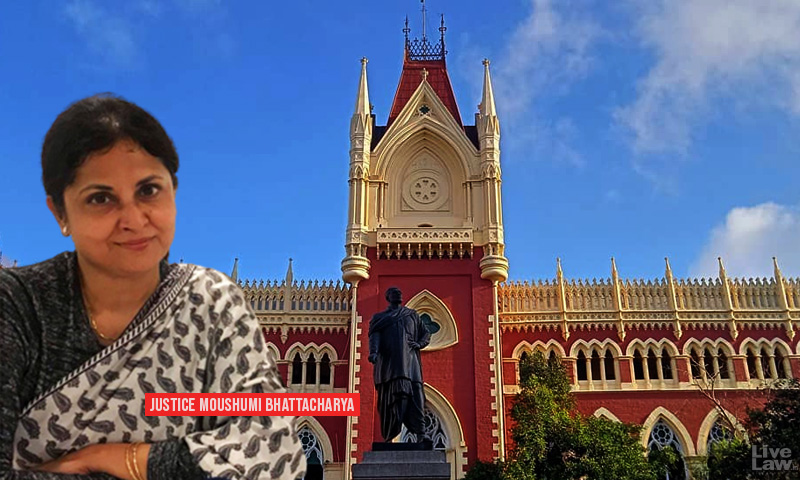
Will Arbitral Award-Holder's Claim Be Extinguished On Approval Of Award-Debtor's Resolution Plan Under IBC? Yes, Rules Calcutta High Court
Live Law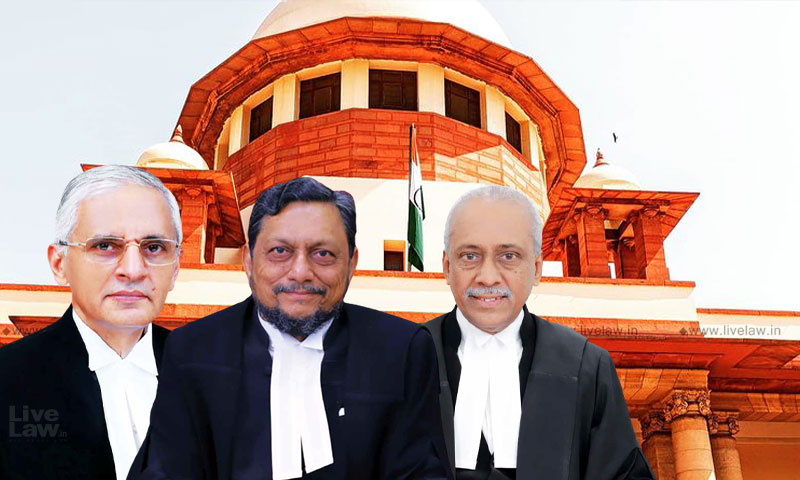
Arbitration Reference Not Maintainable If Filed After Admission Of Insolvency Resolution Petition U/s 7 IBC: Supreme Court
Live Law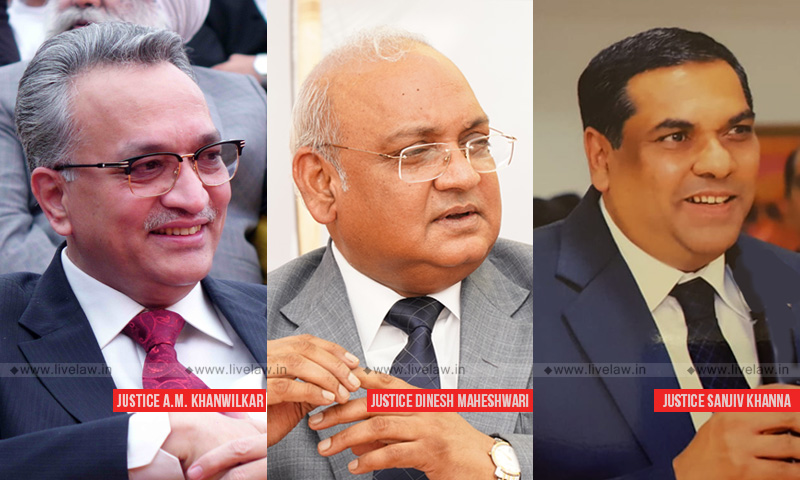
Adjudicating Authority Cannot Substitute Any Commercial Term Of Resolution Plan Approved By Committee Of Creditors: Supreme Court
Live Law
Litigation delays resolution even outside insolvency code ambit
Live Mint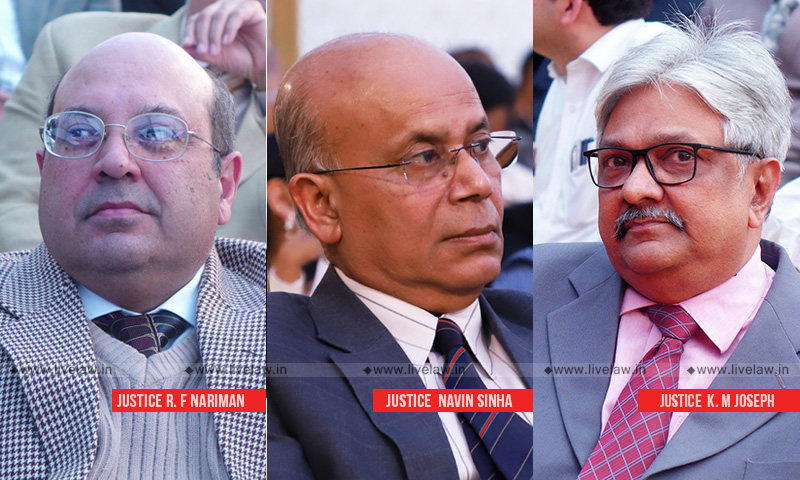
Proceedings Under Section 34 Of Arbitration Act Also Covered By Moratorium Under Section 14 IBC: Supreme Court
Live LawDiscover Related
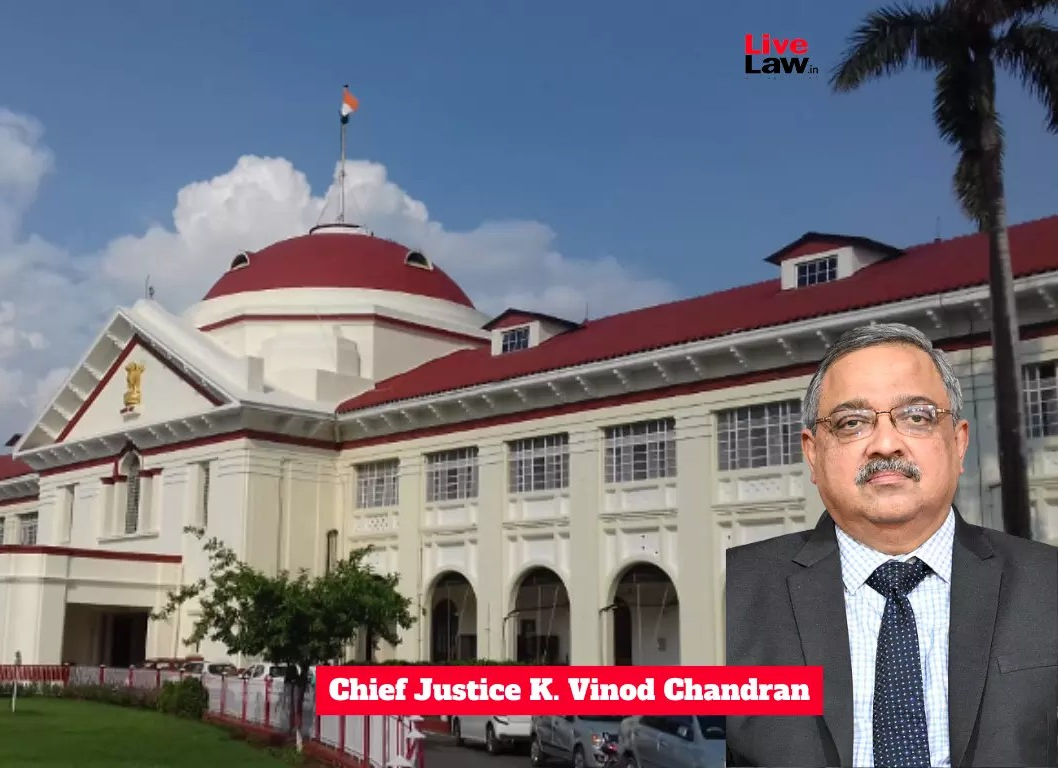
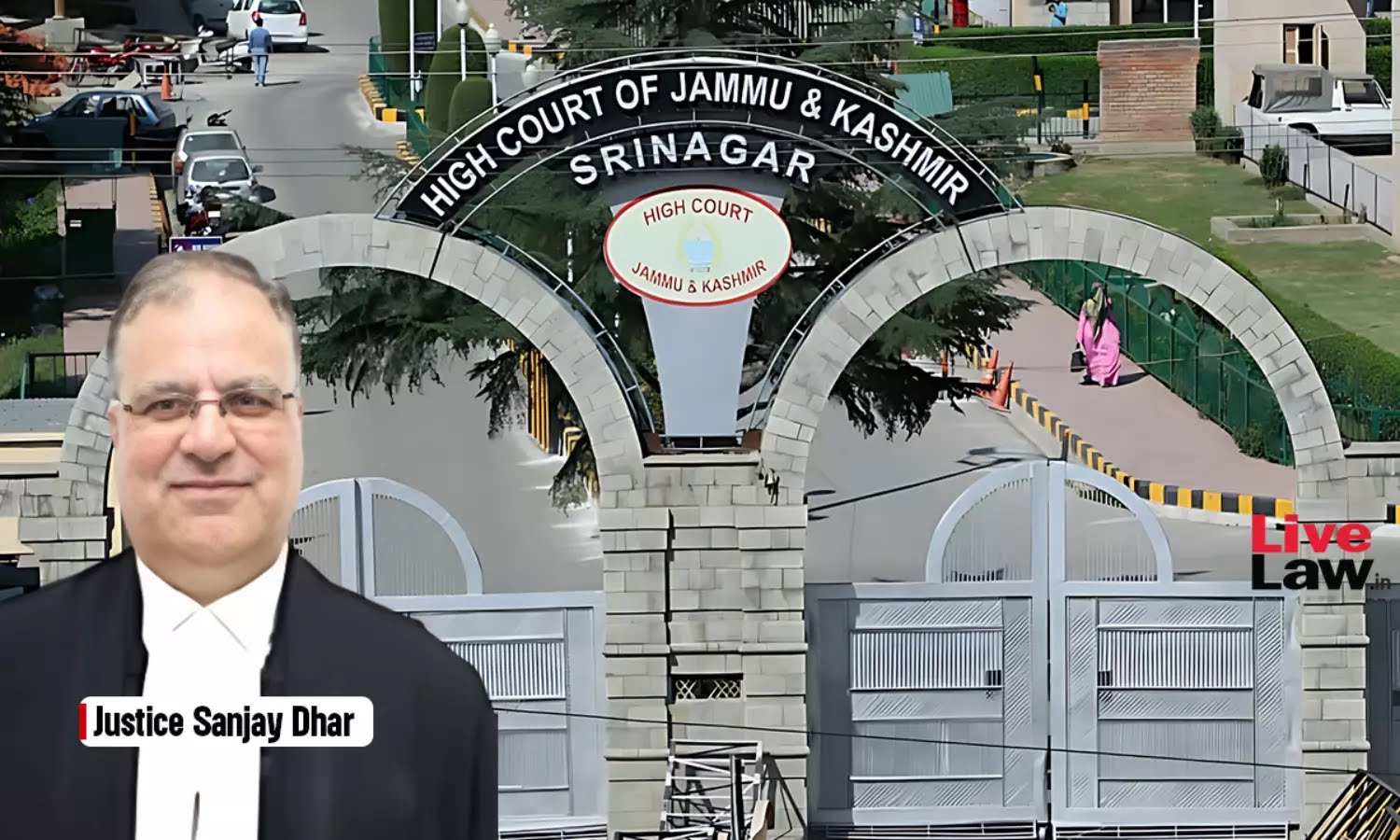
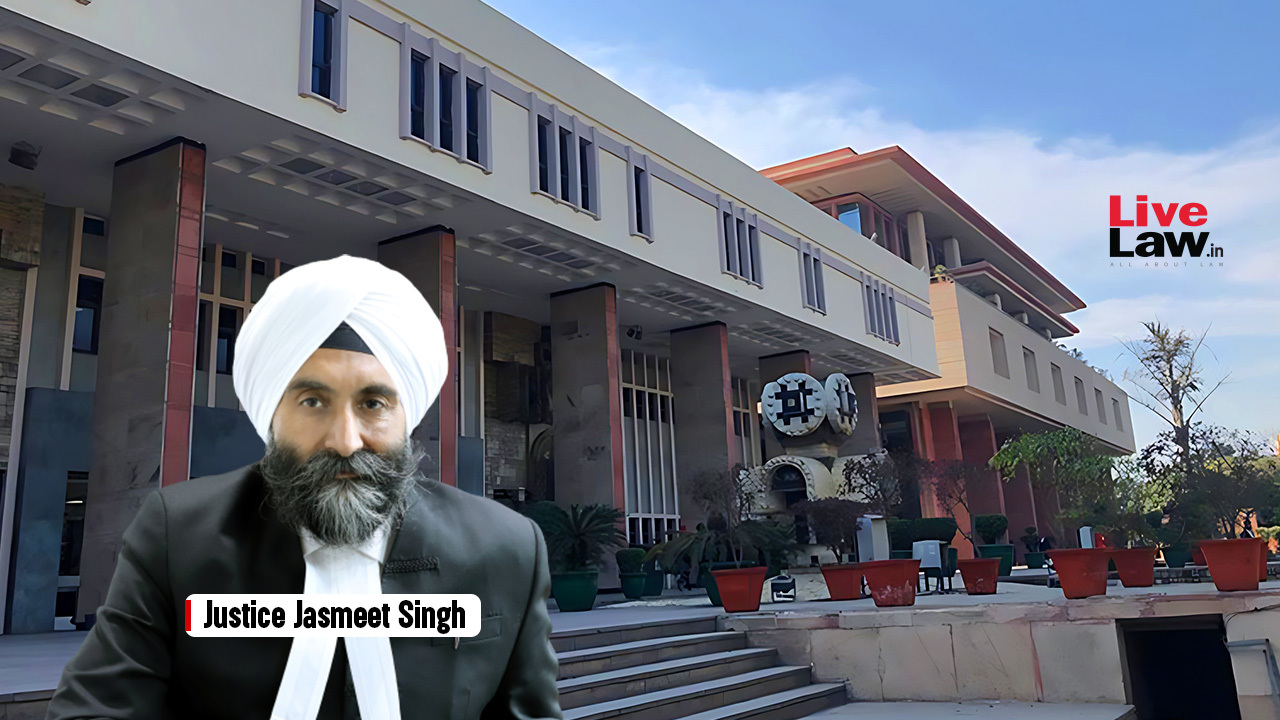
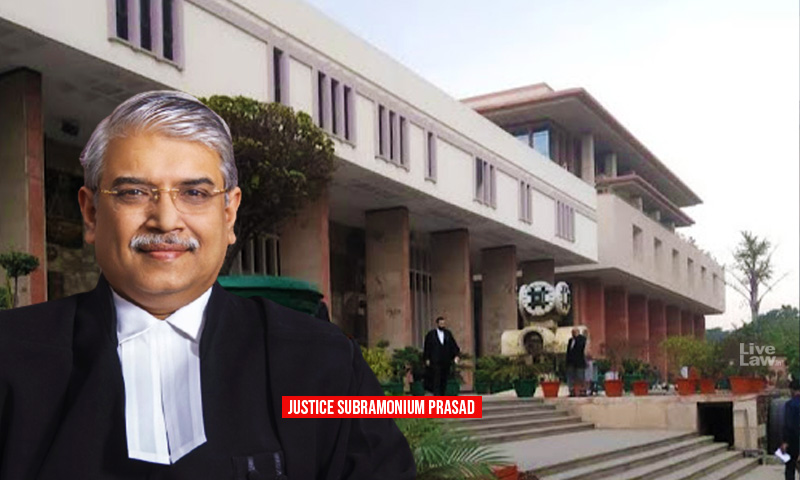
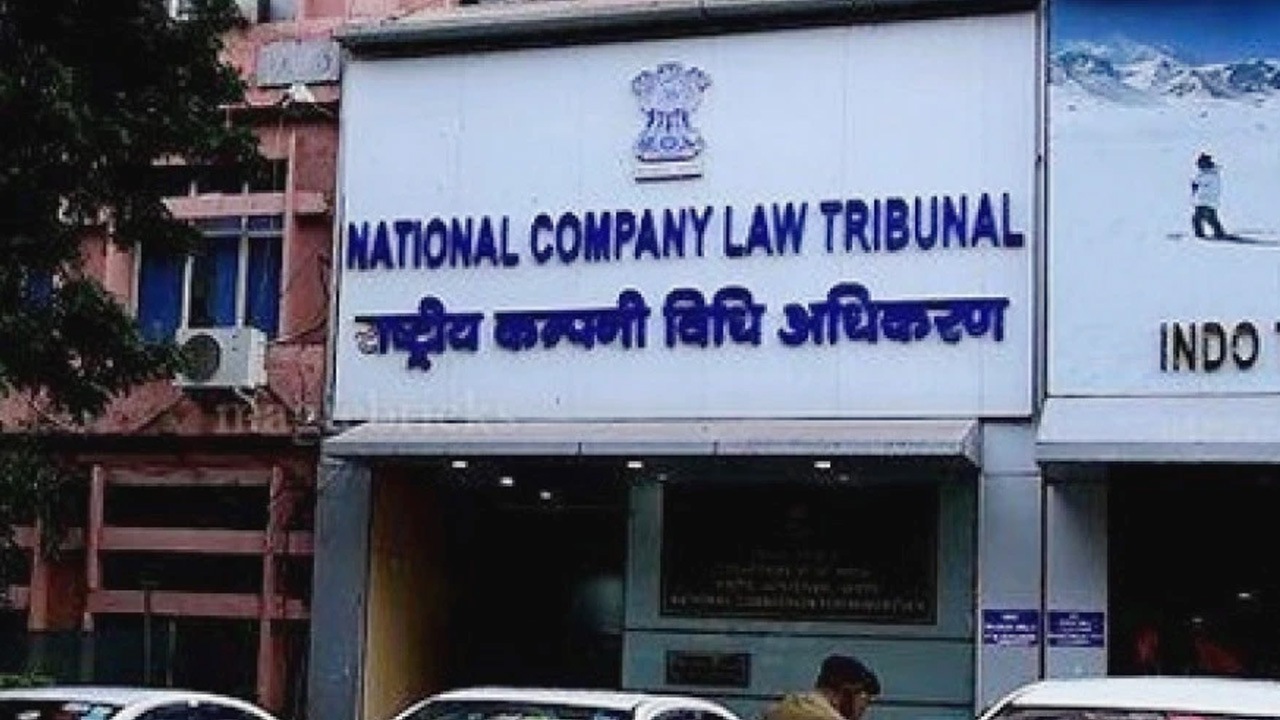
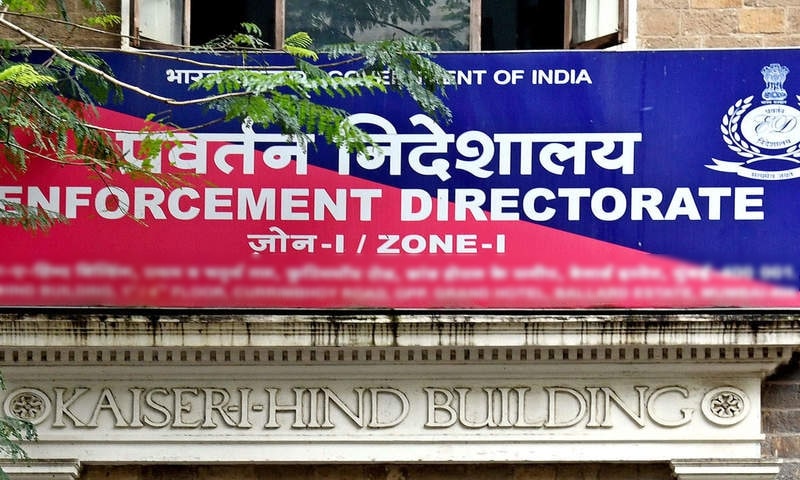



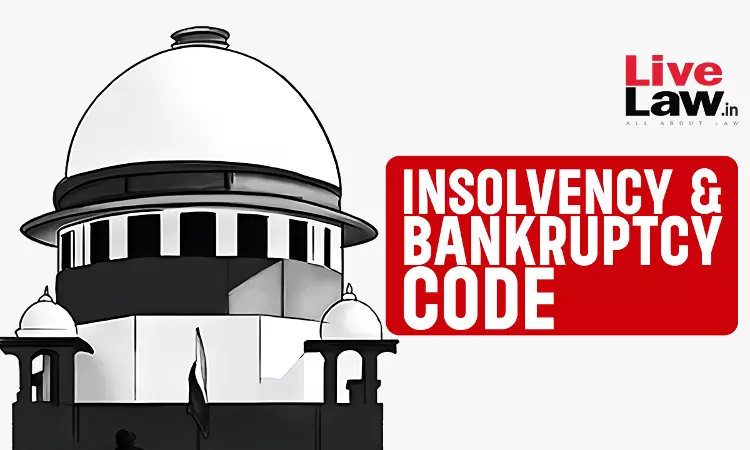

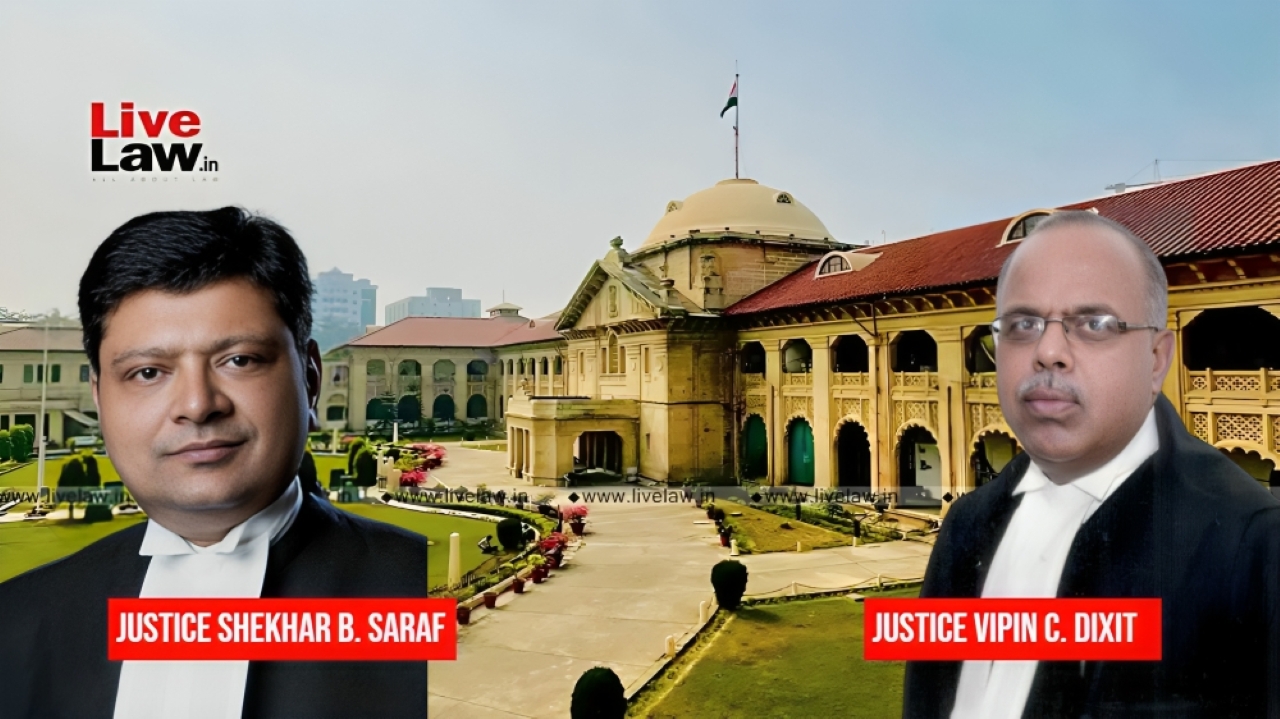
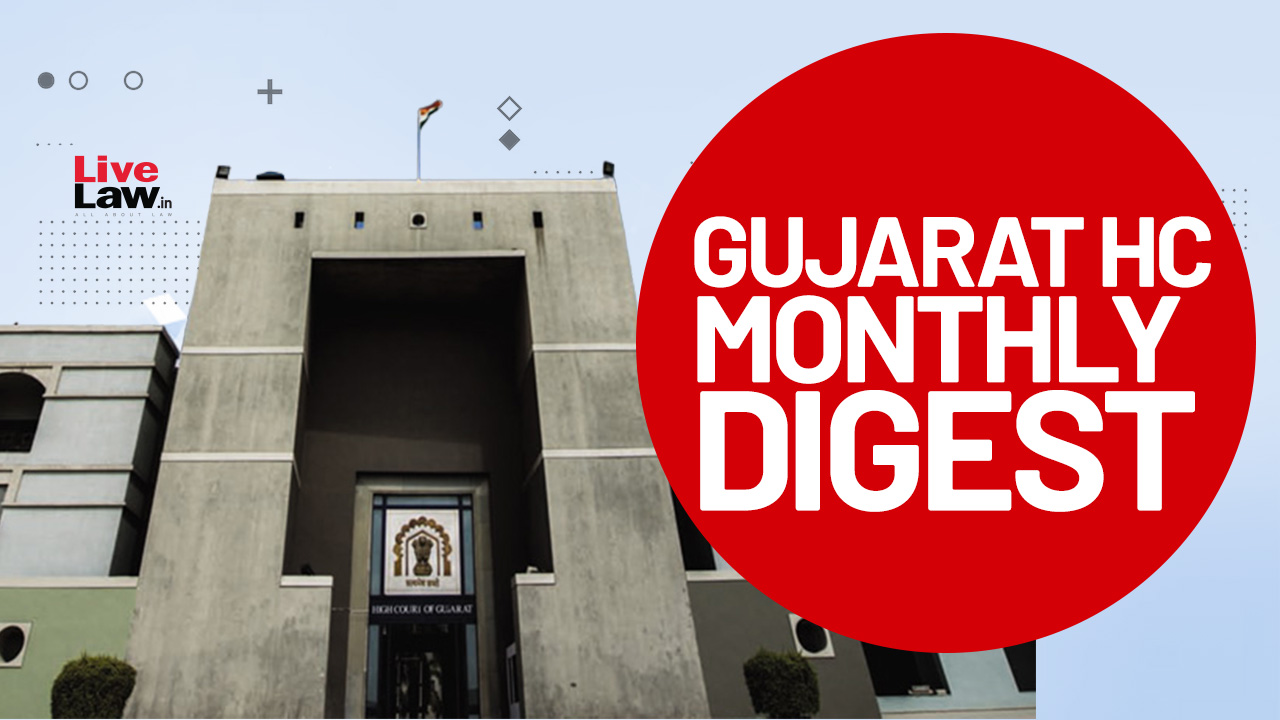
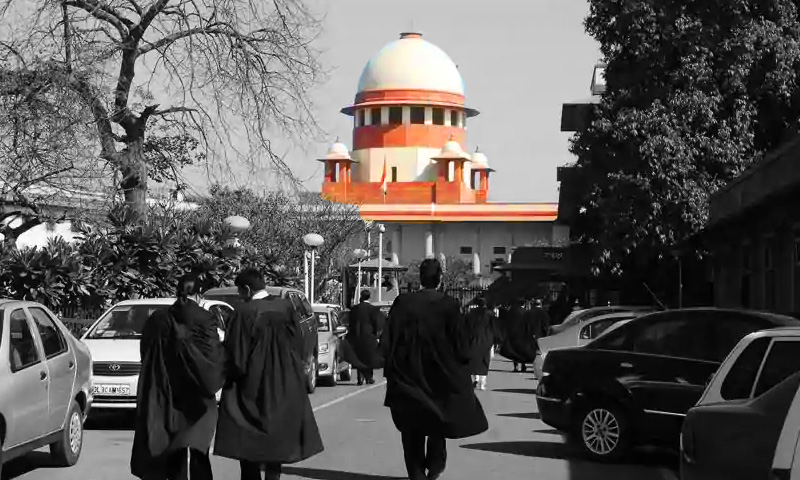
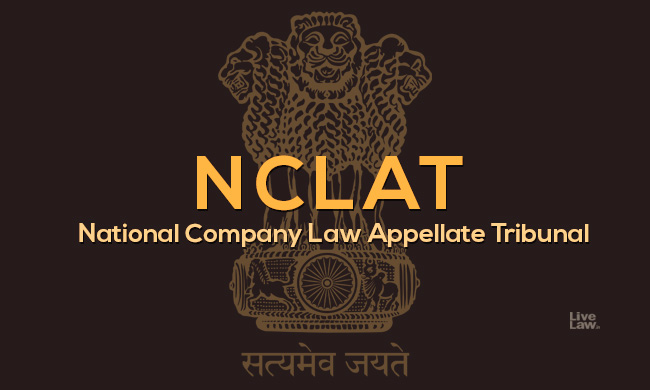
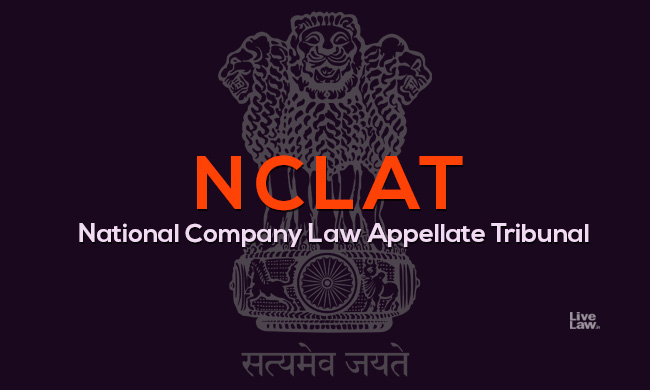
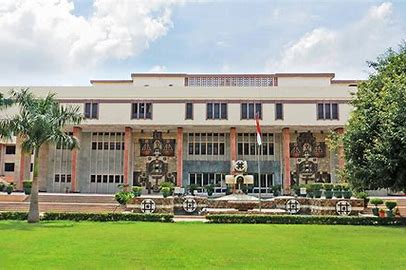

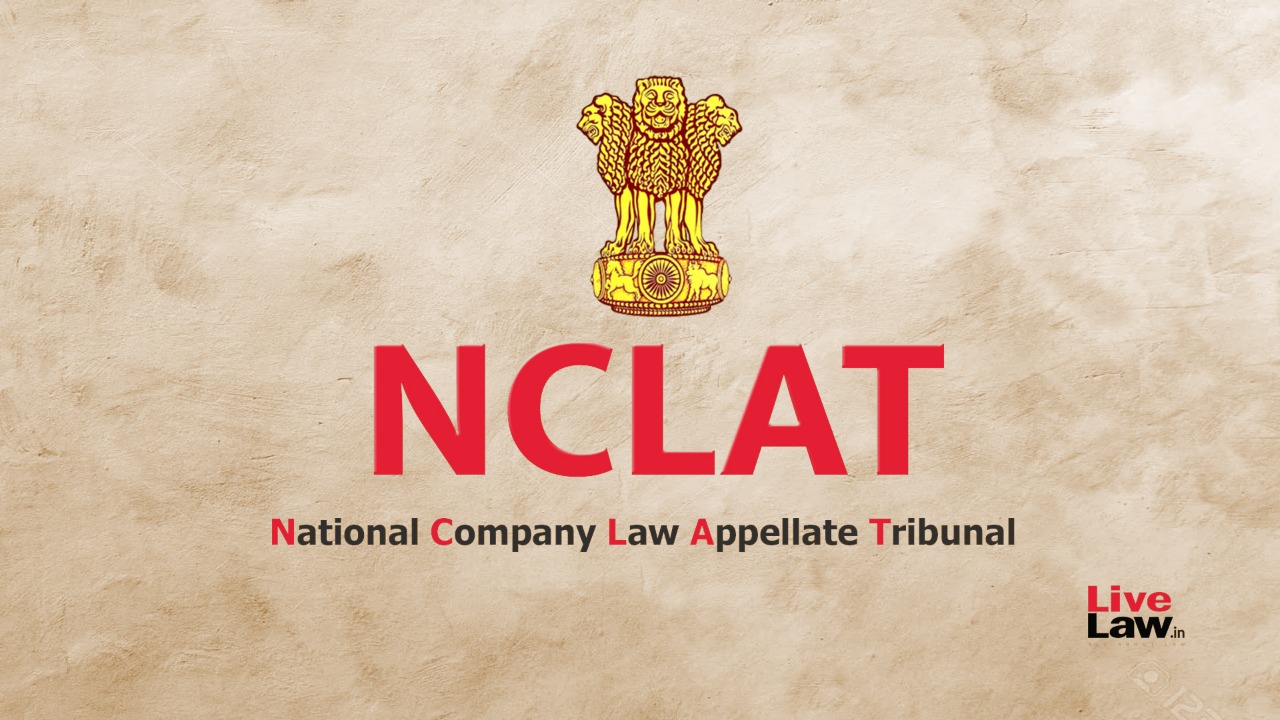
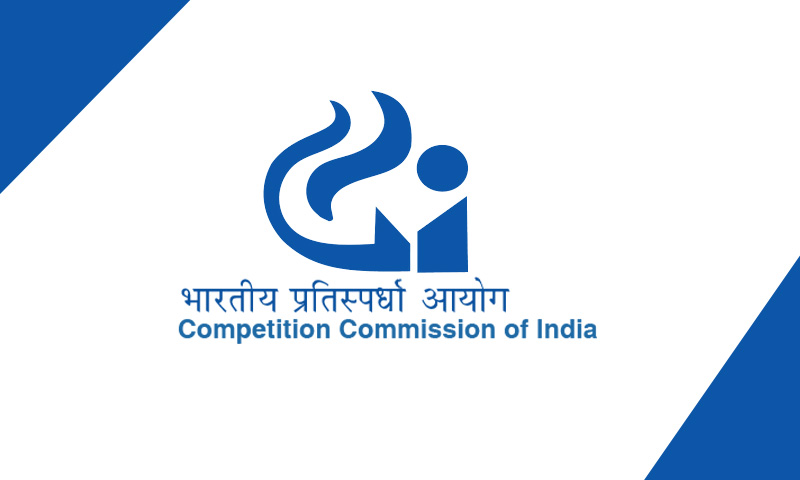


![Arbitration Weekly Round Up [9th December To 15th December 2024]](https://www.livelaw.in/h-upload/2024/05/24/541379-weekly-round-up-arbitration.jpg)
